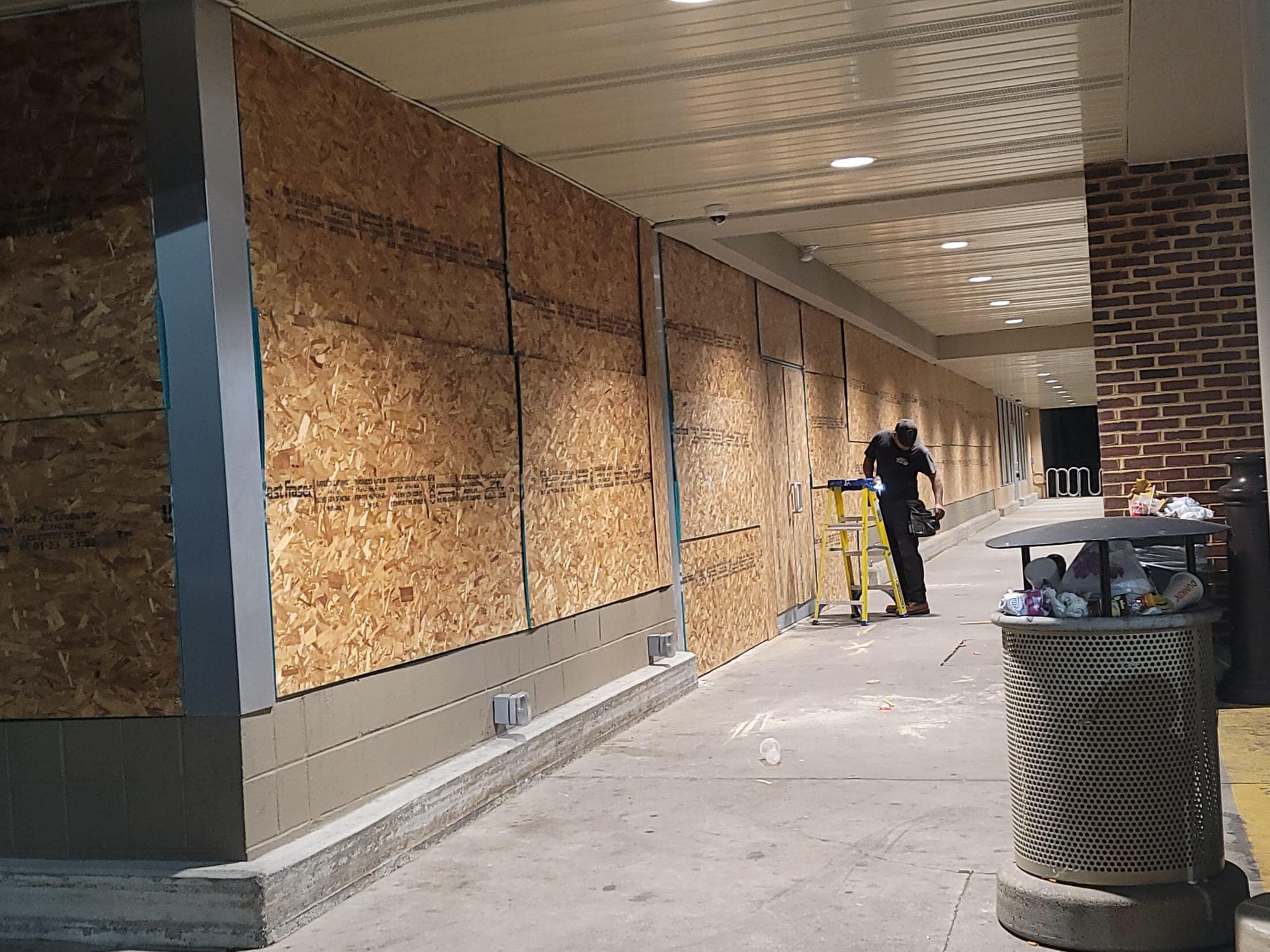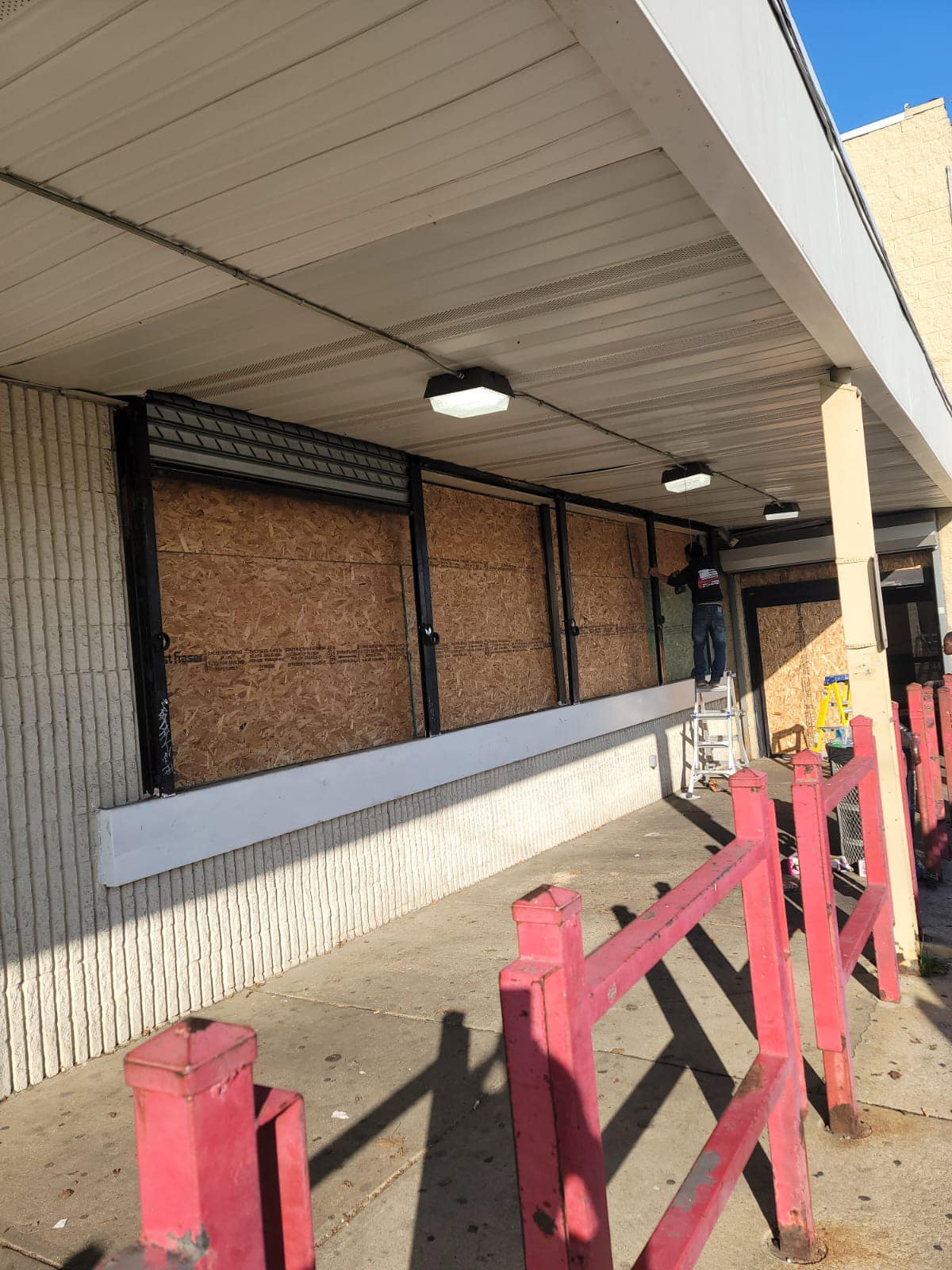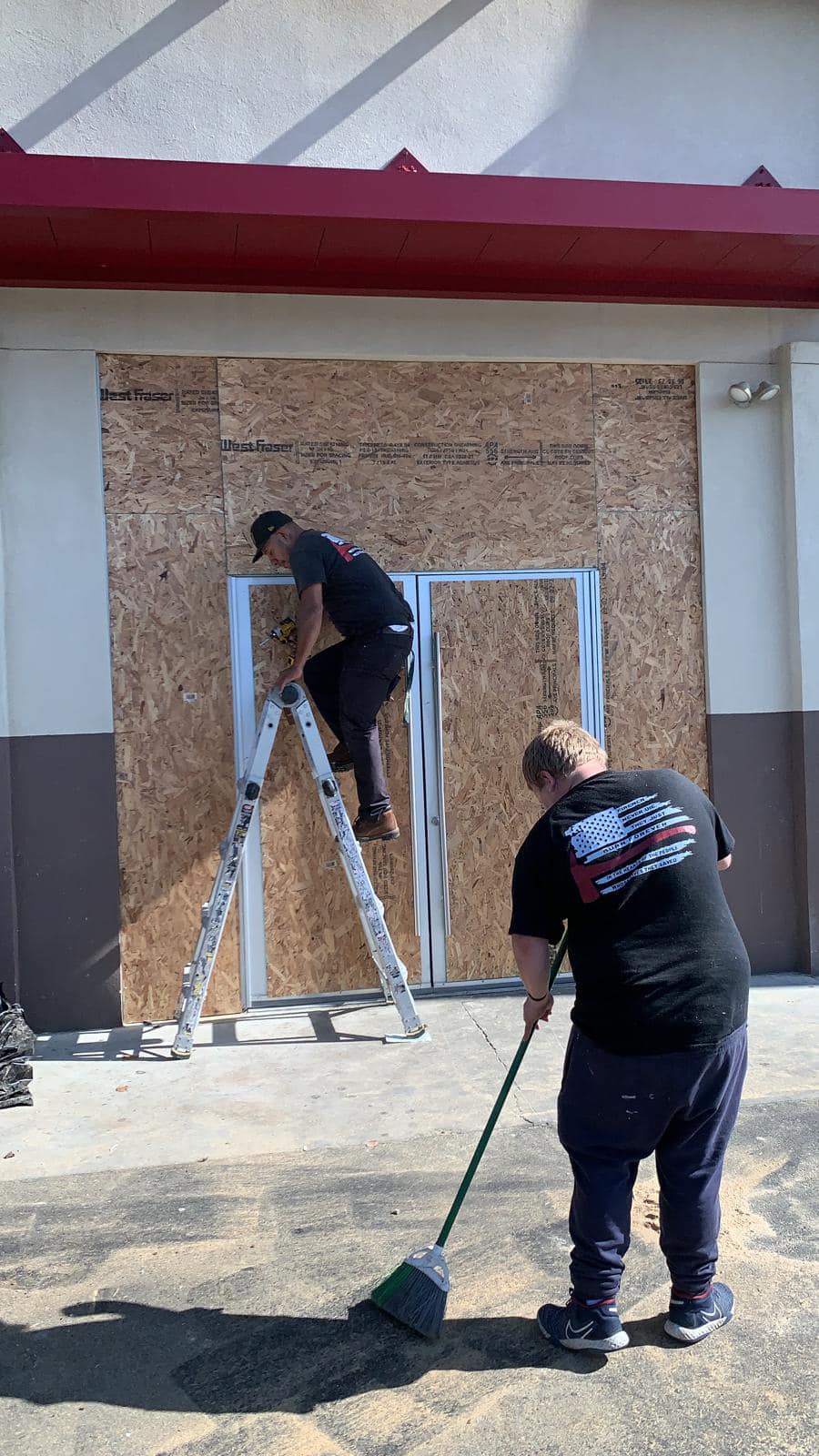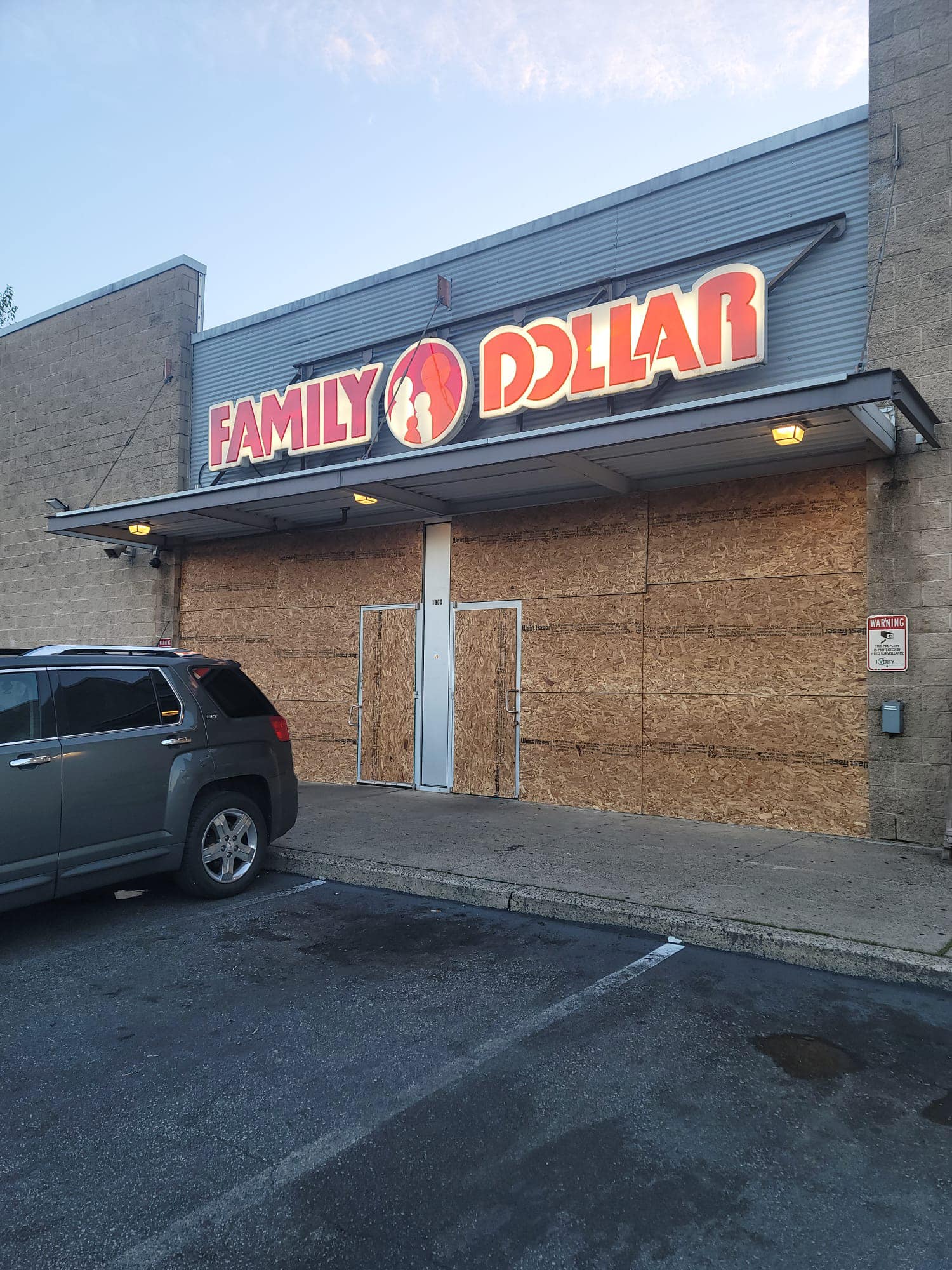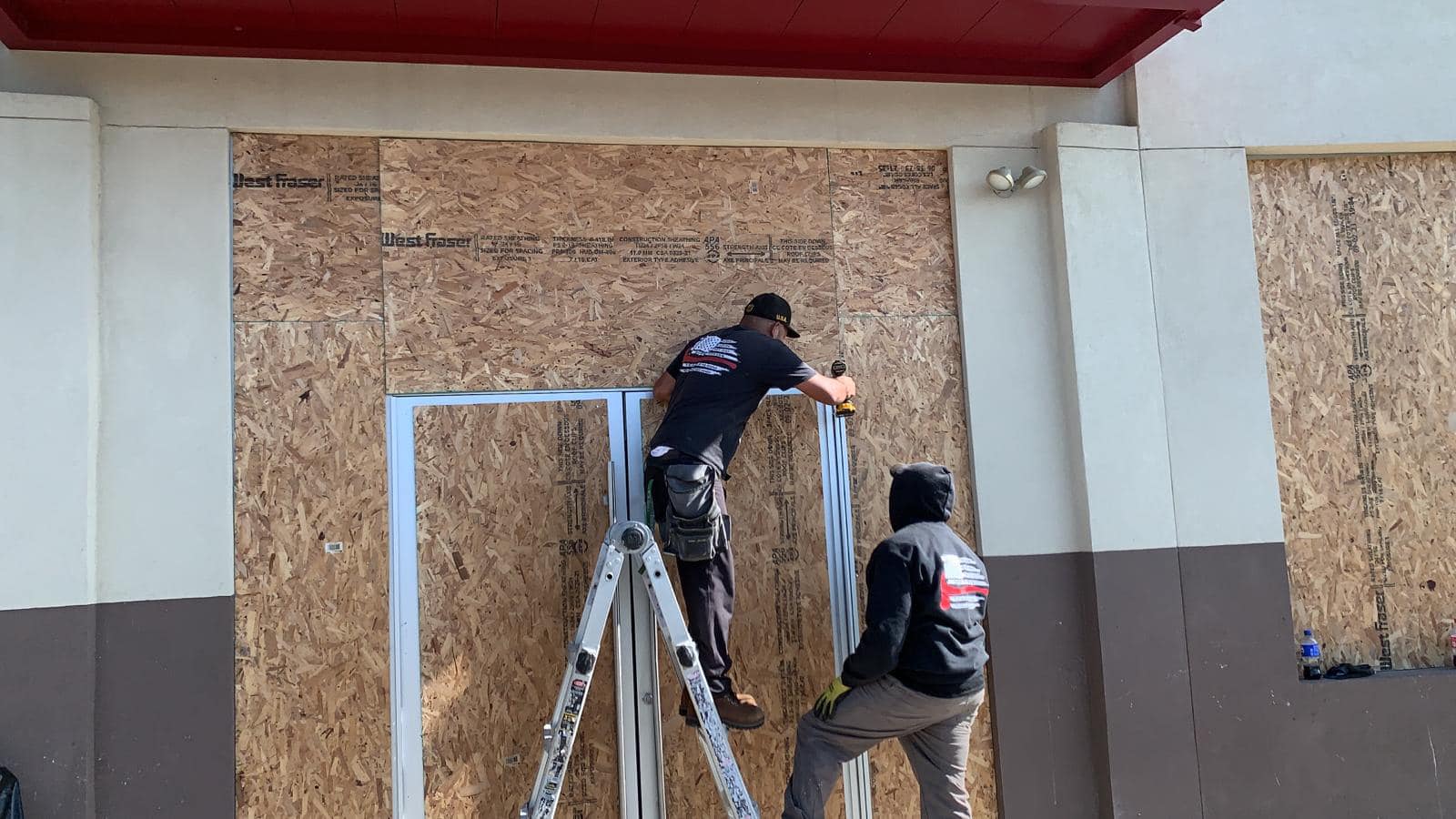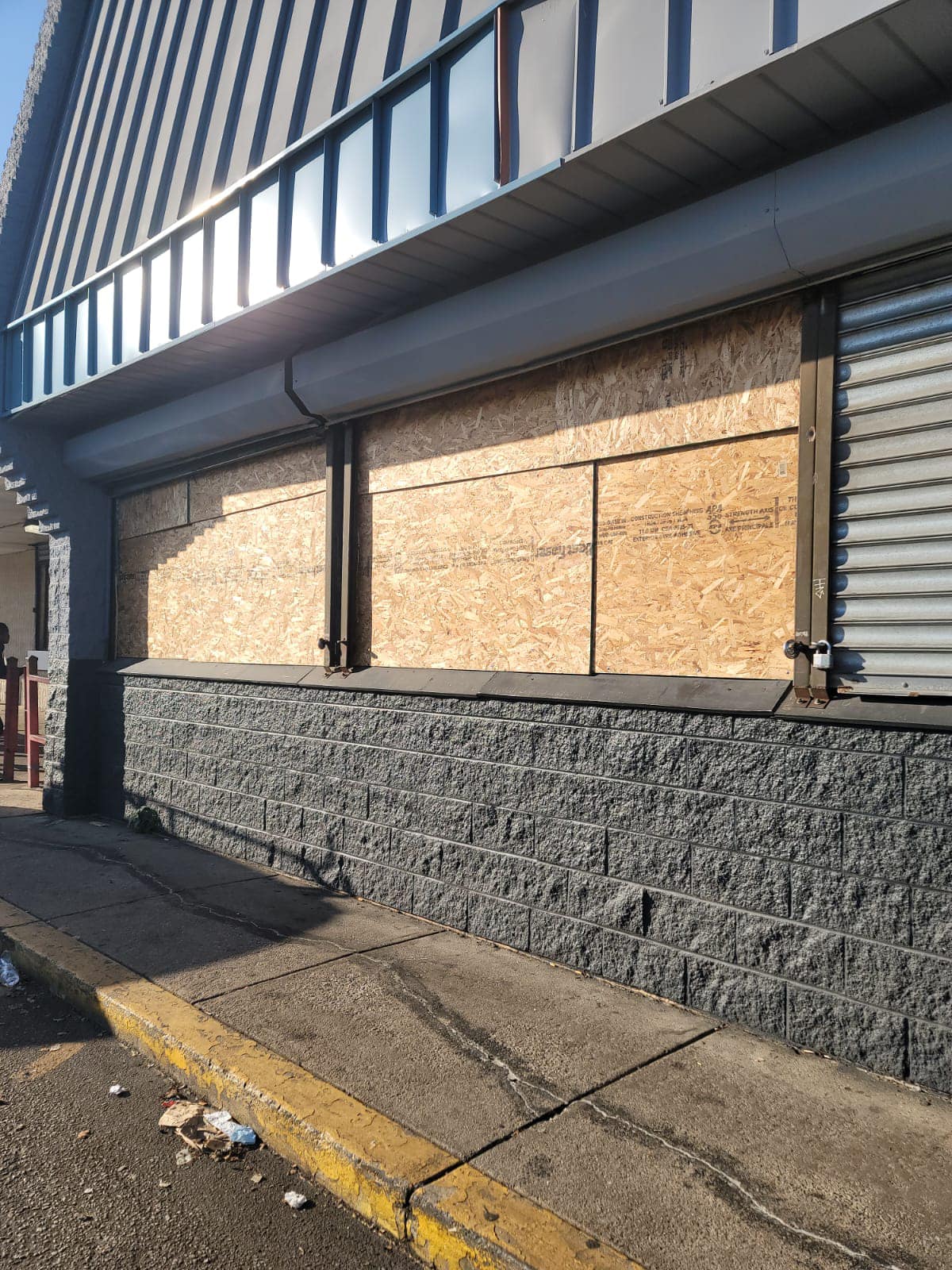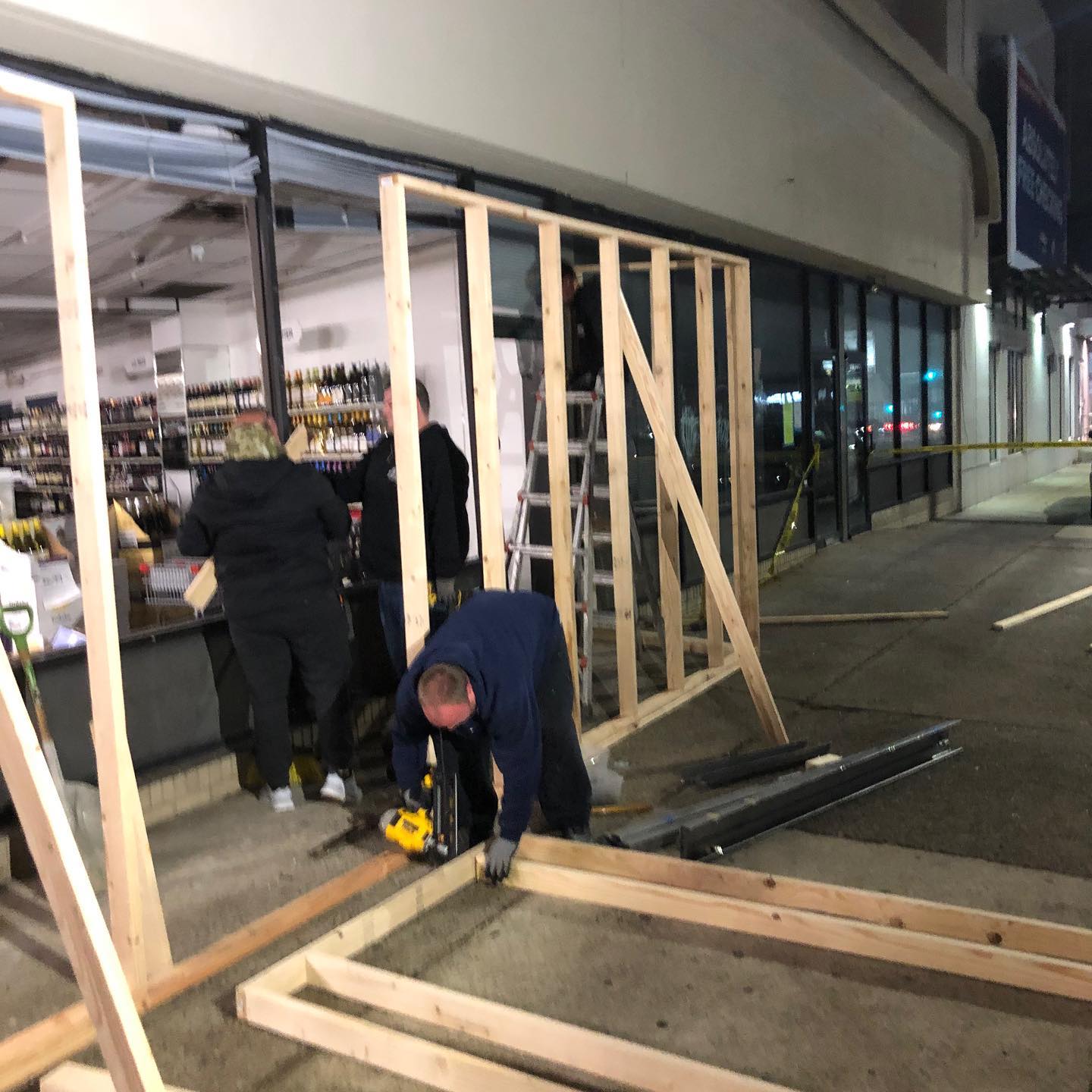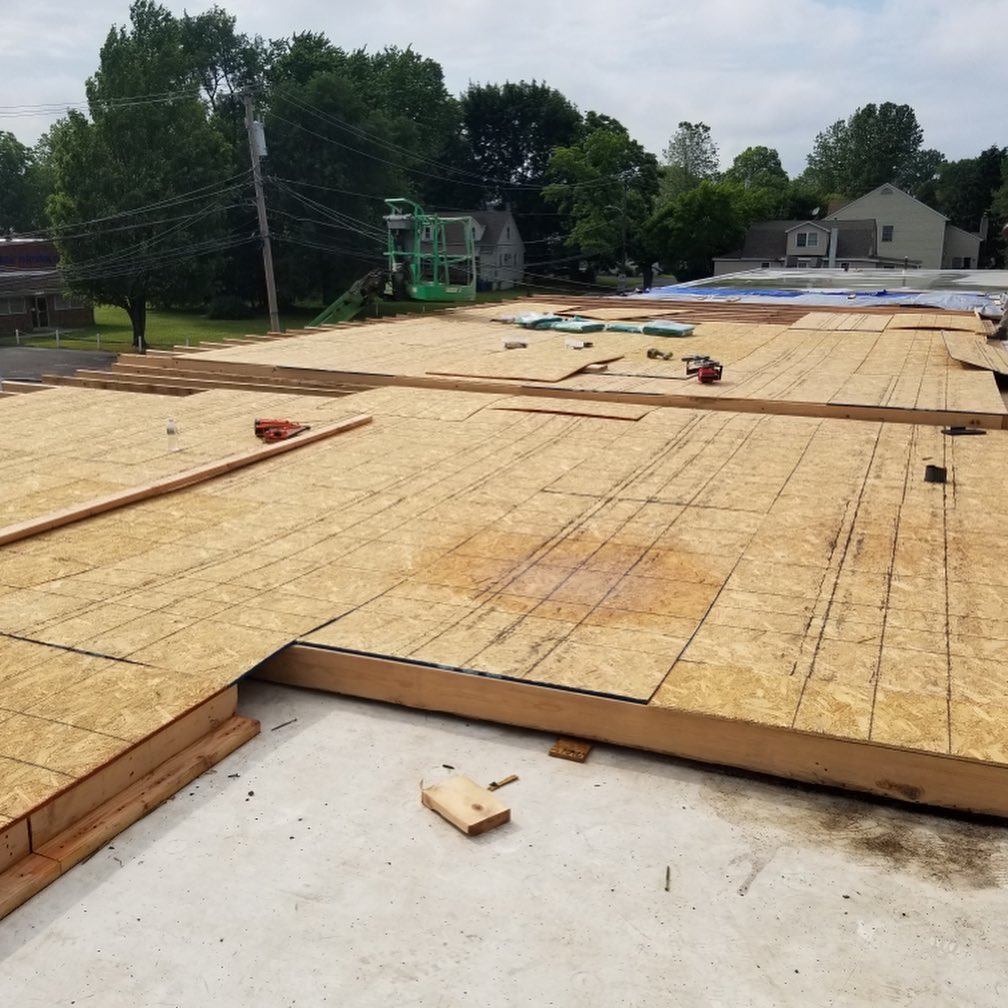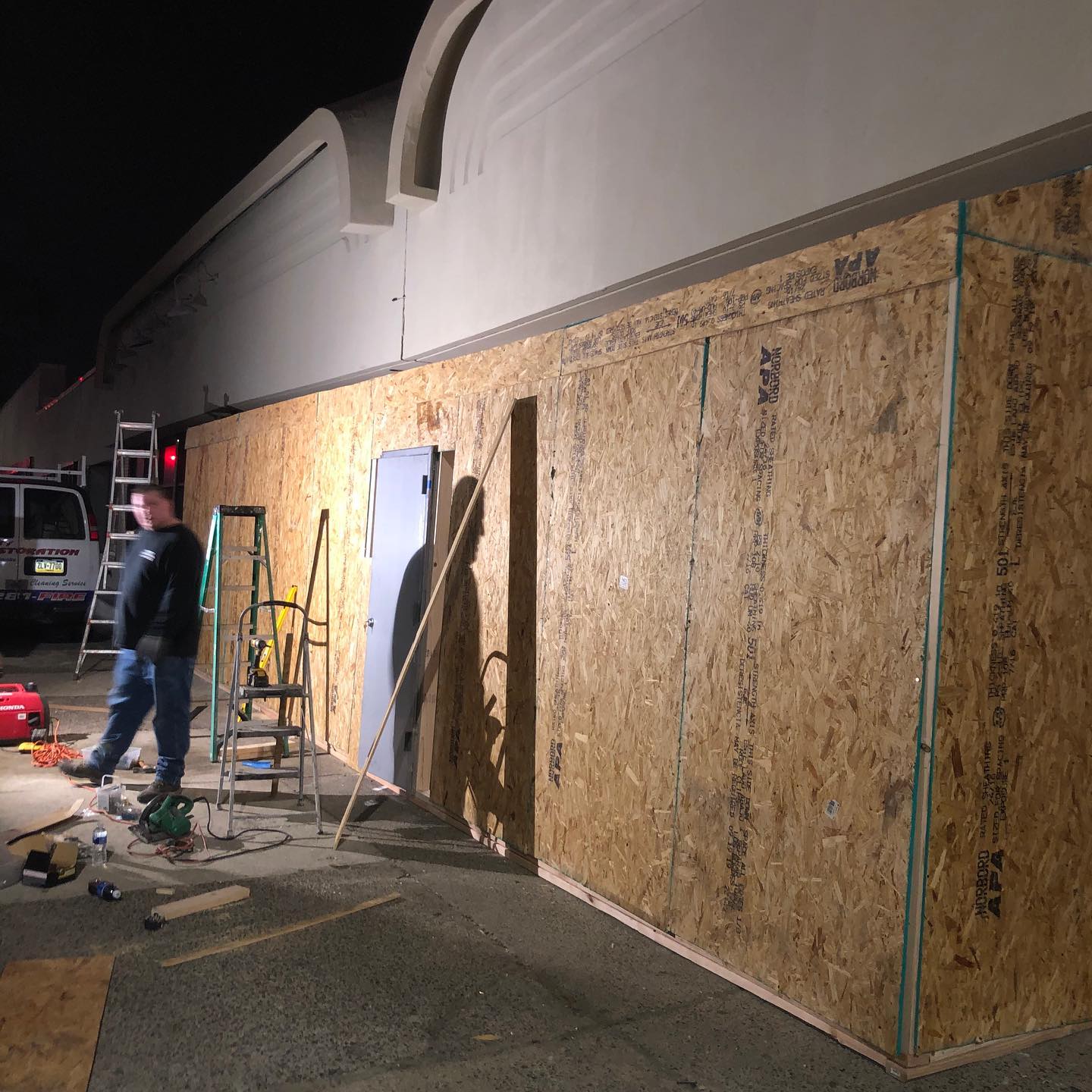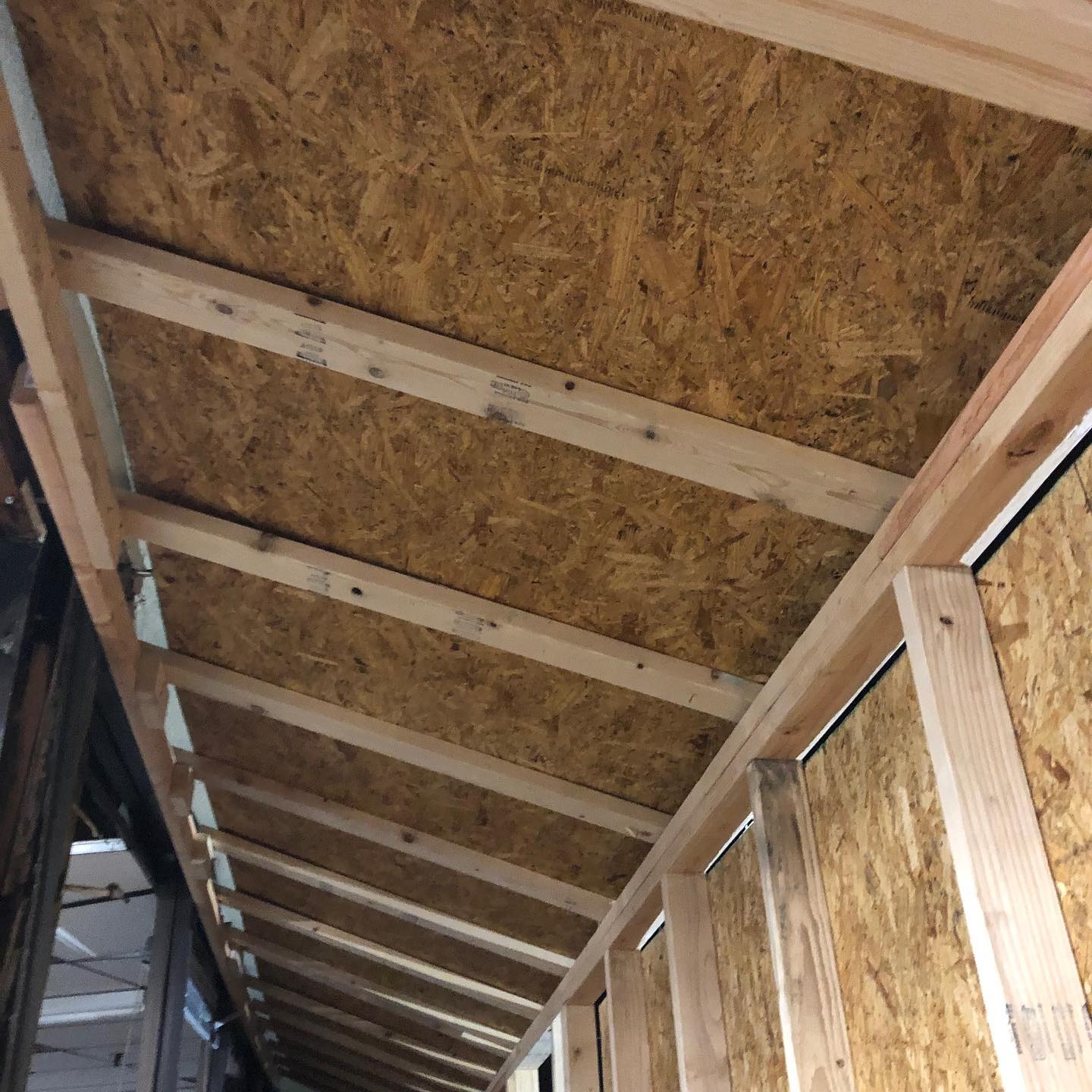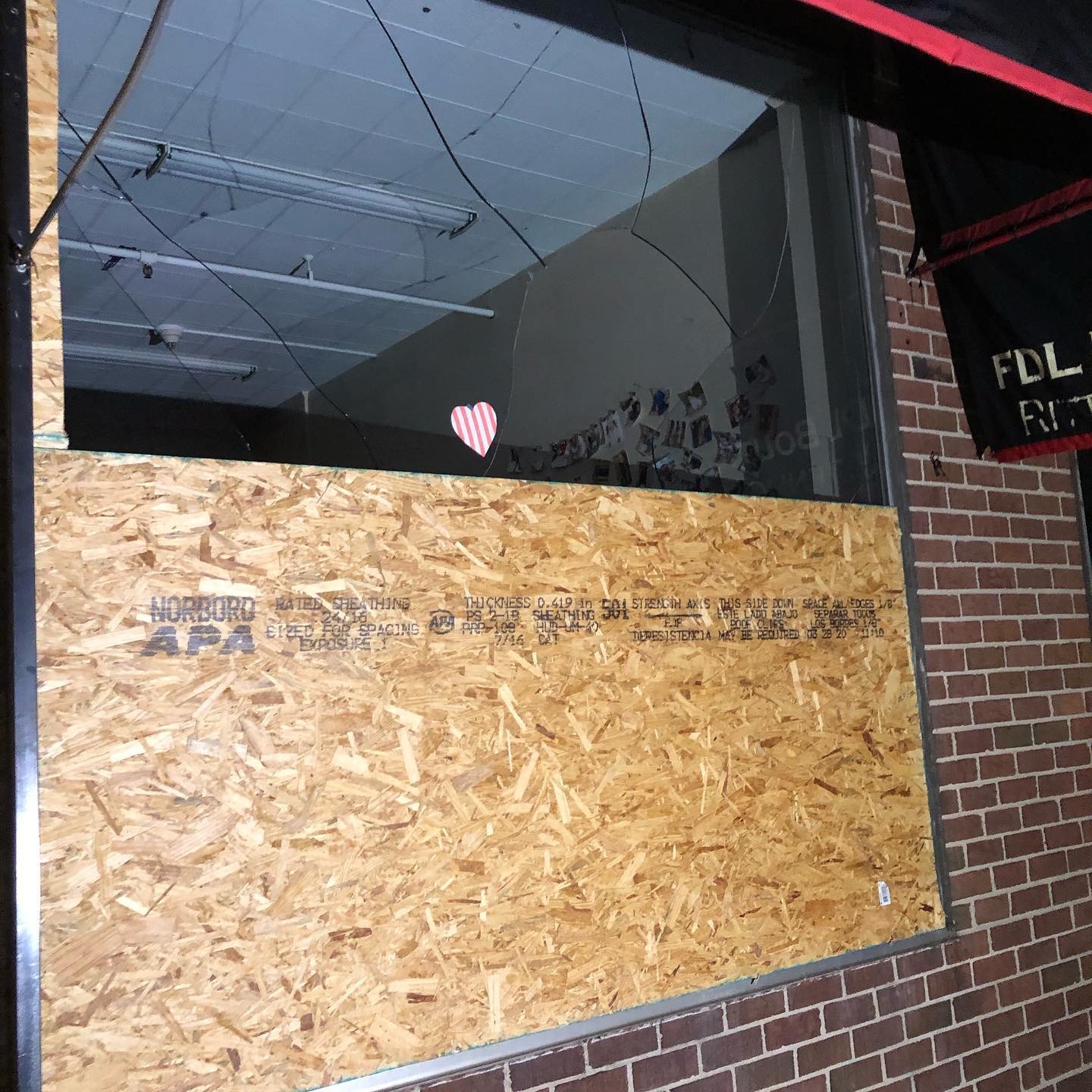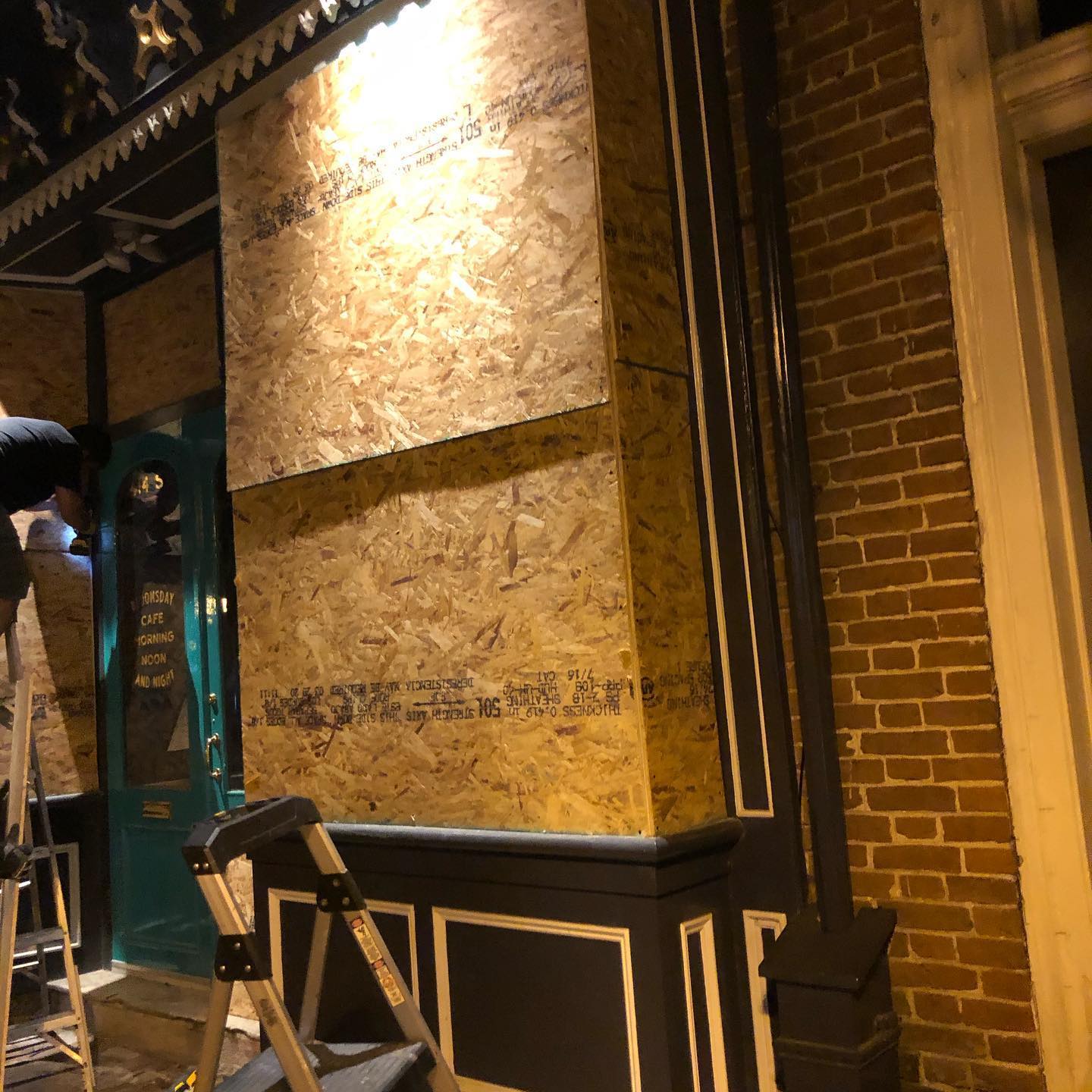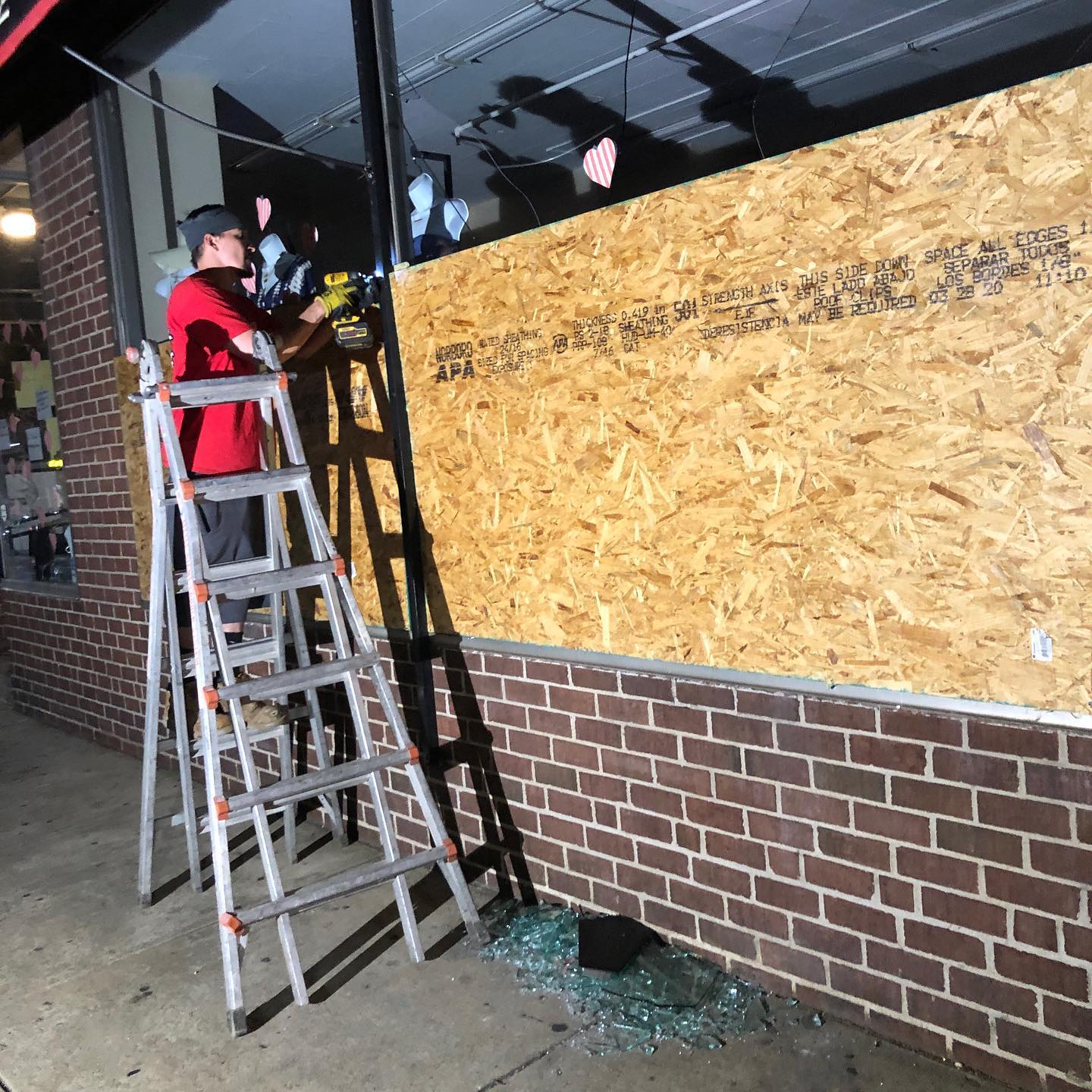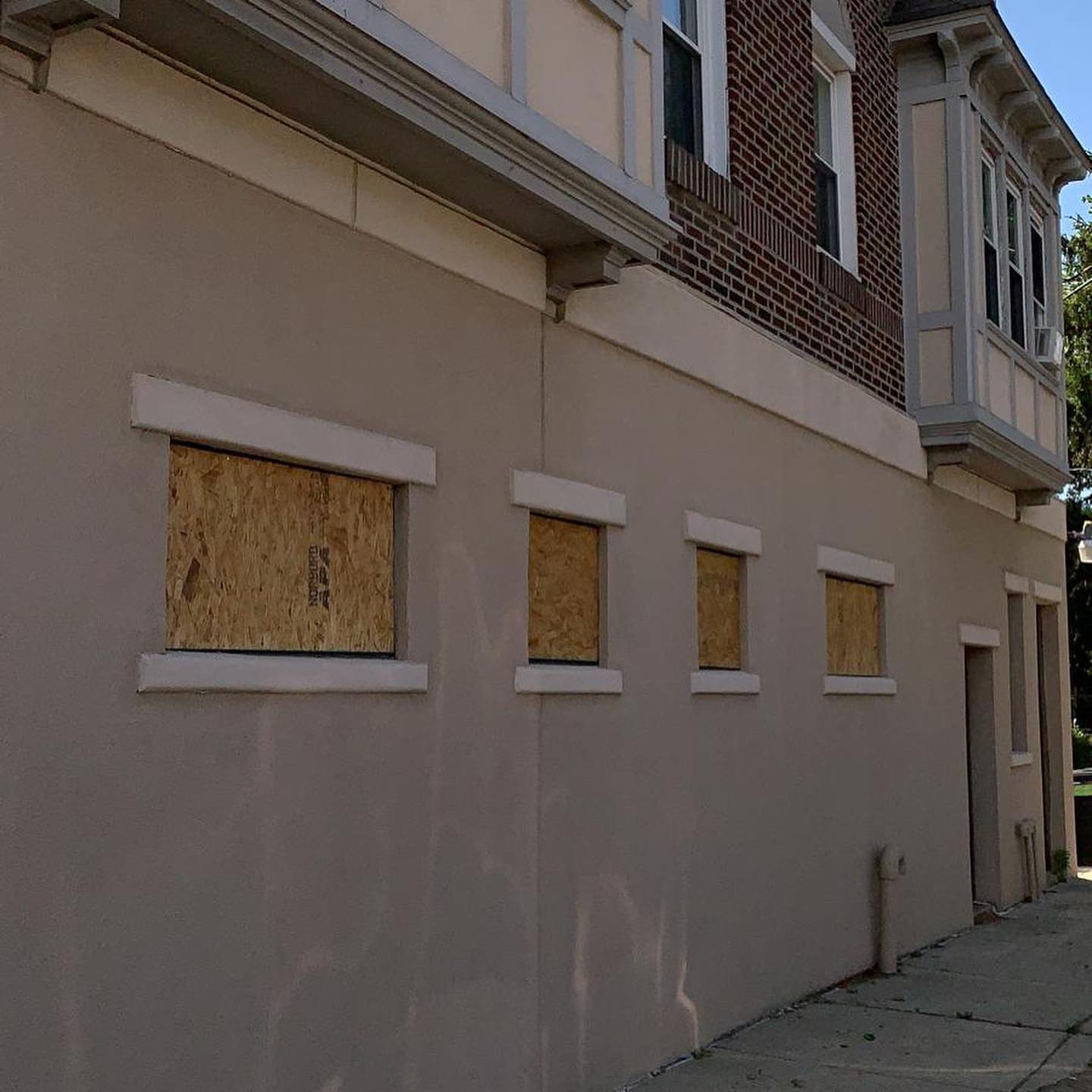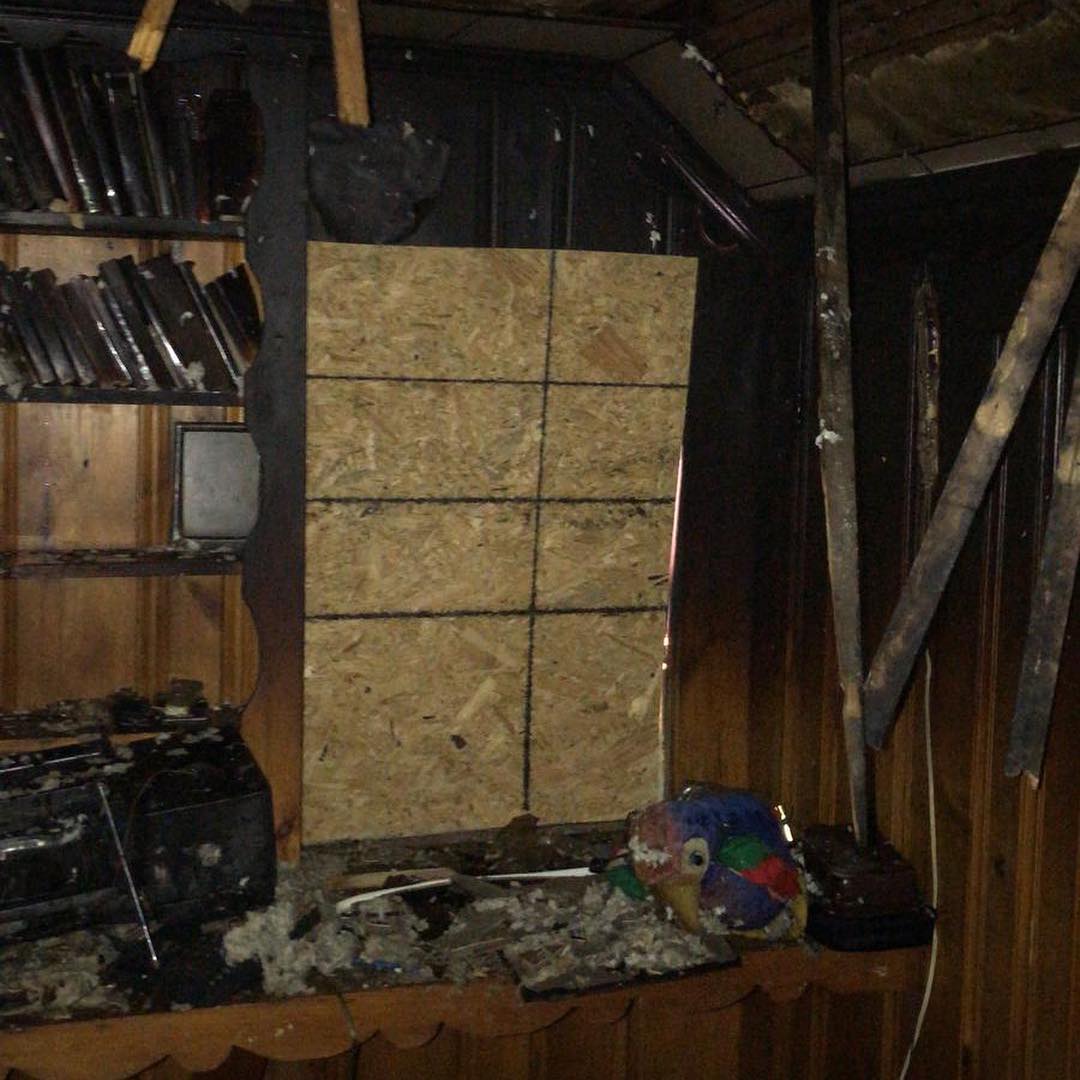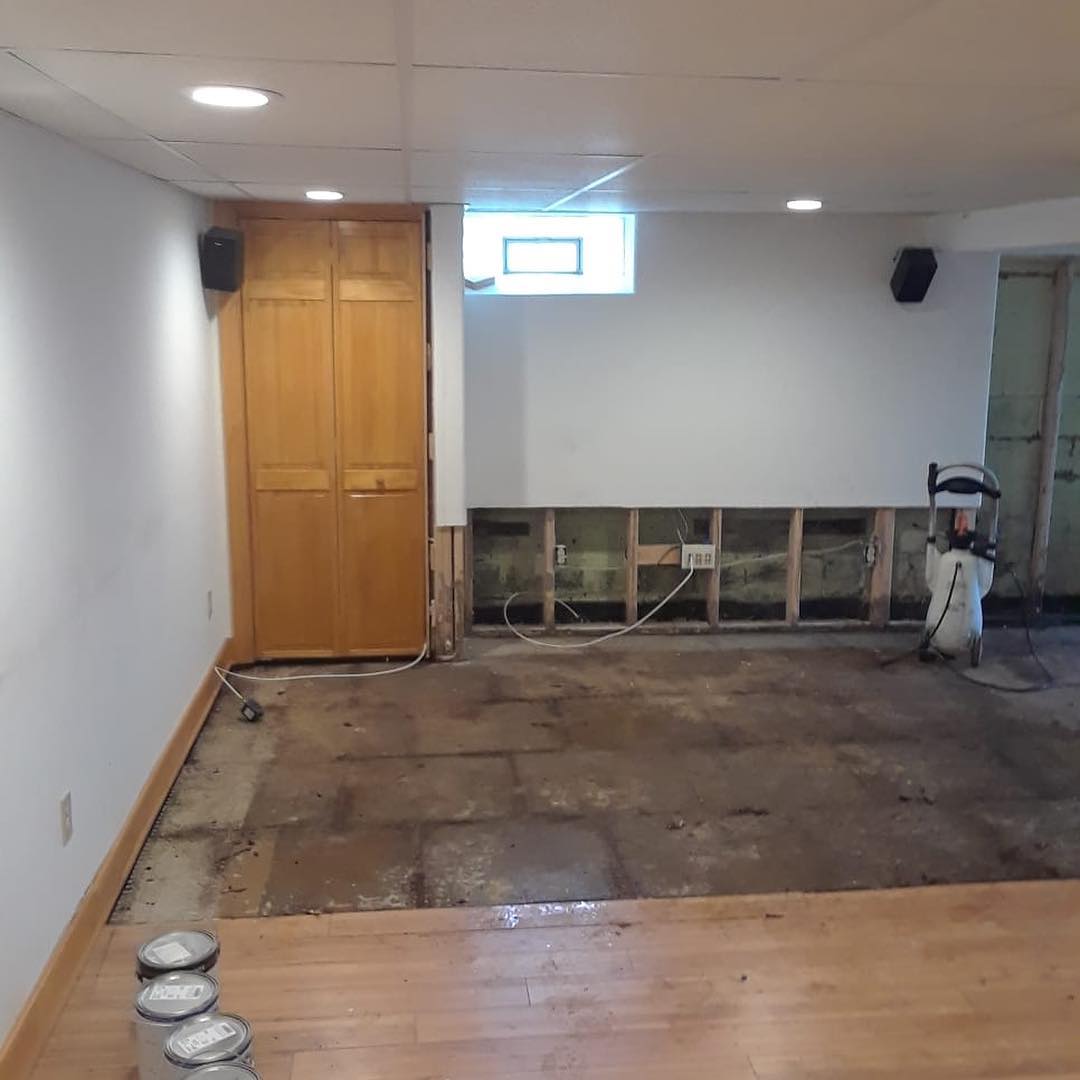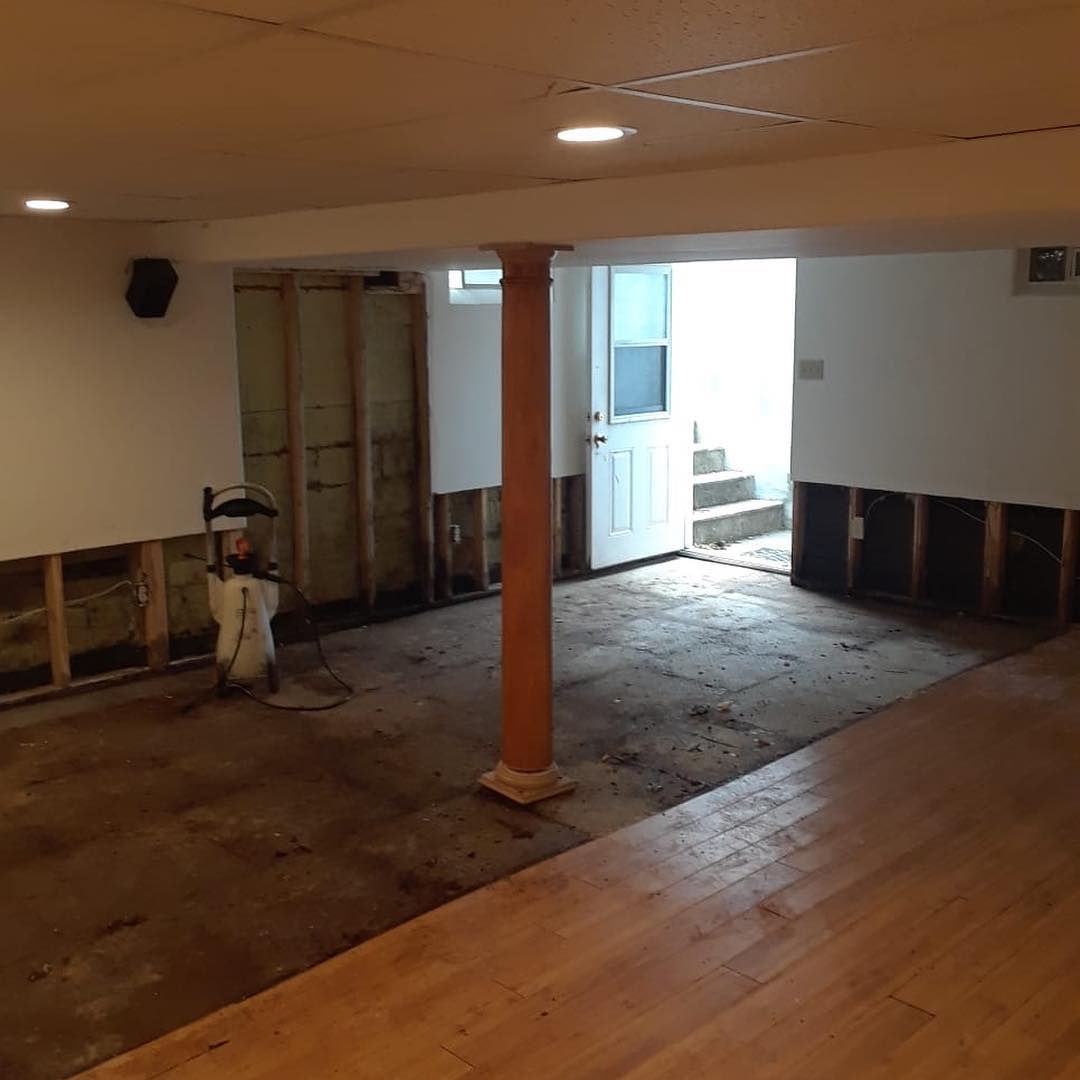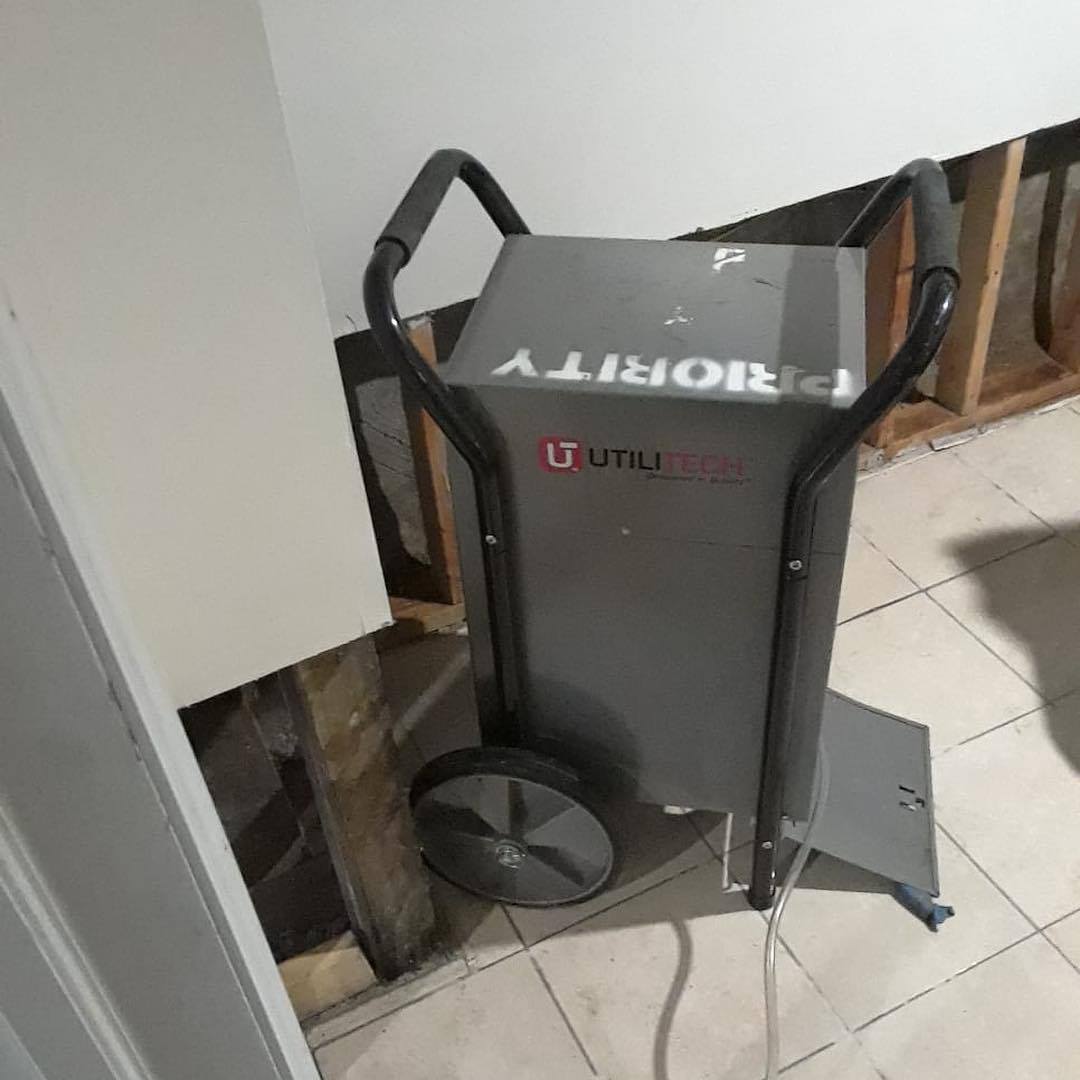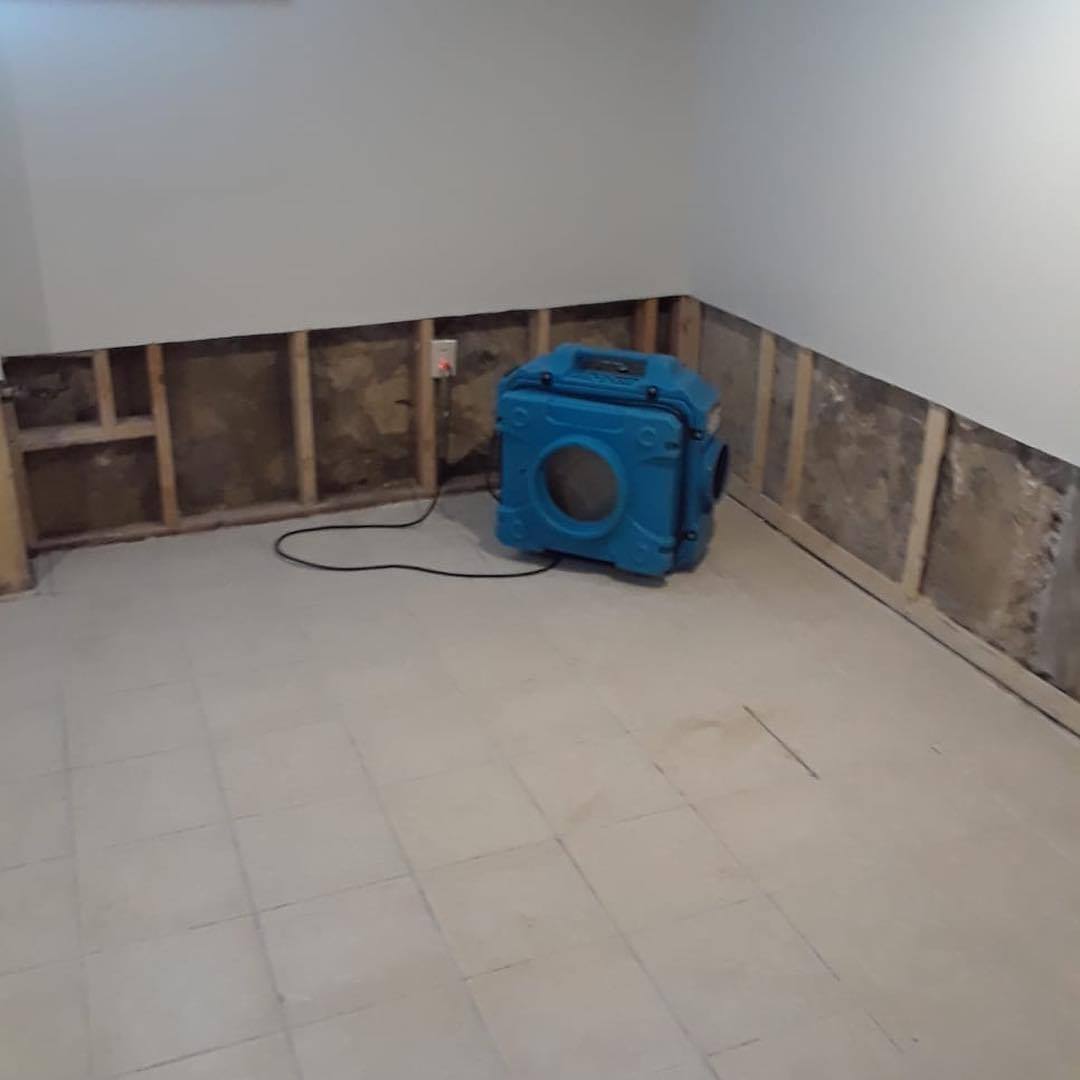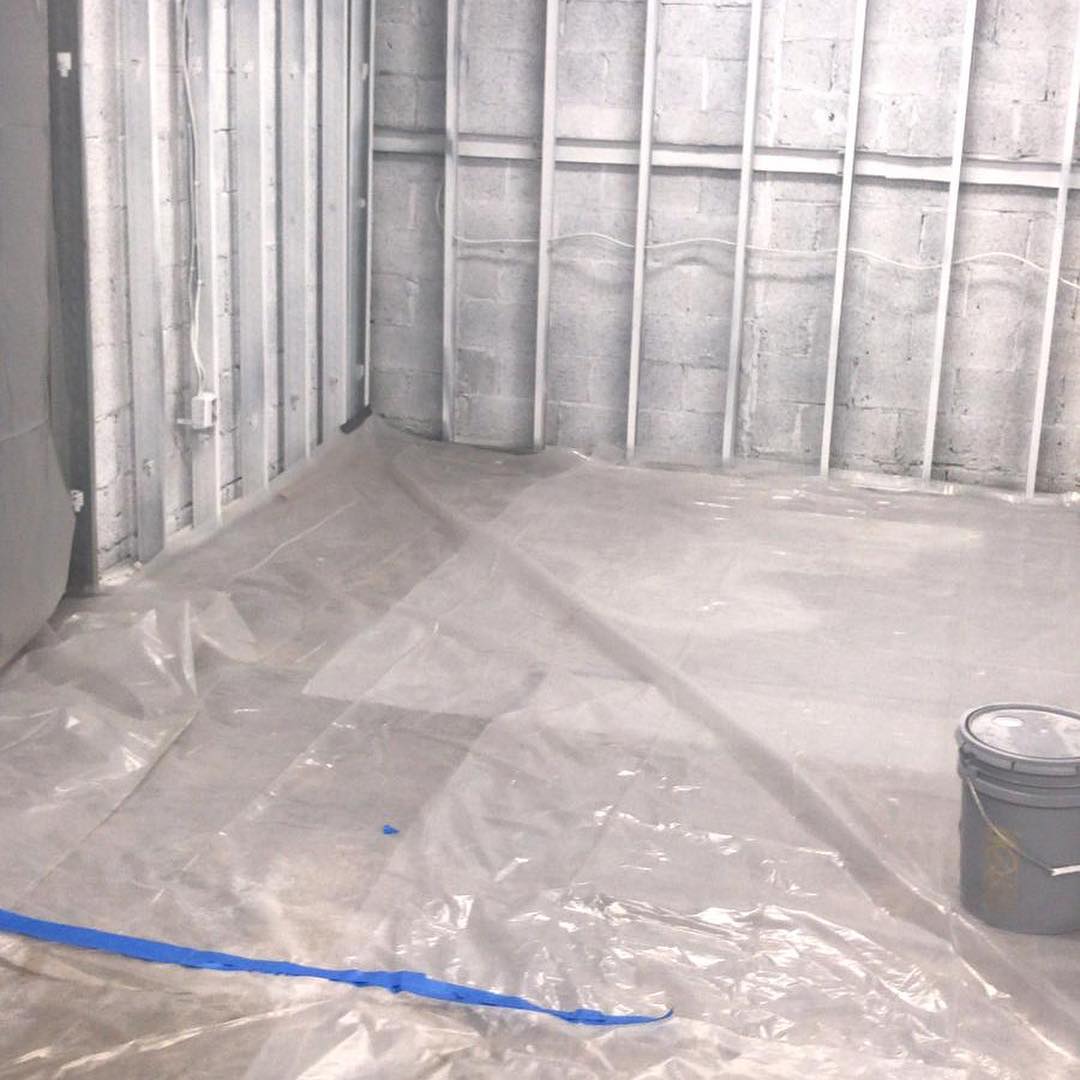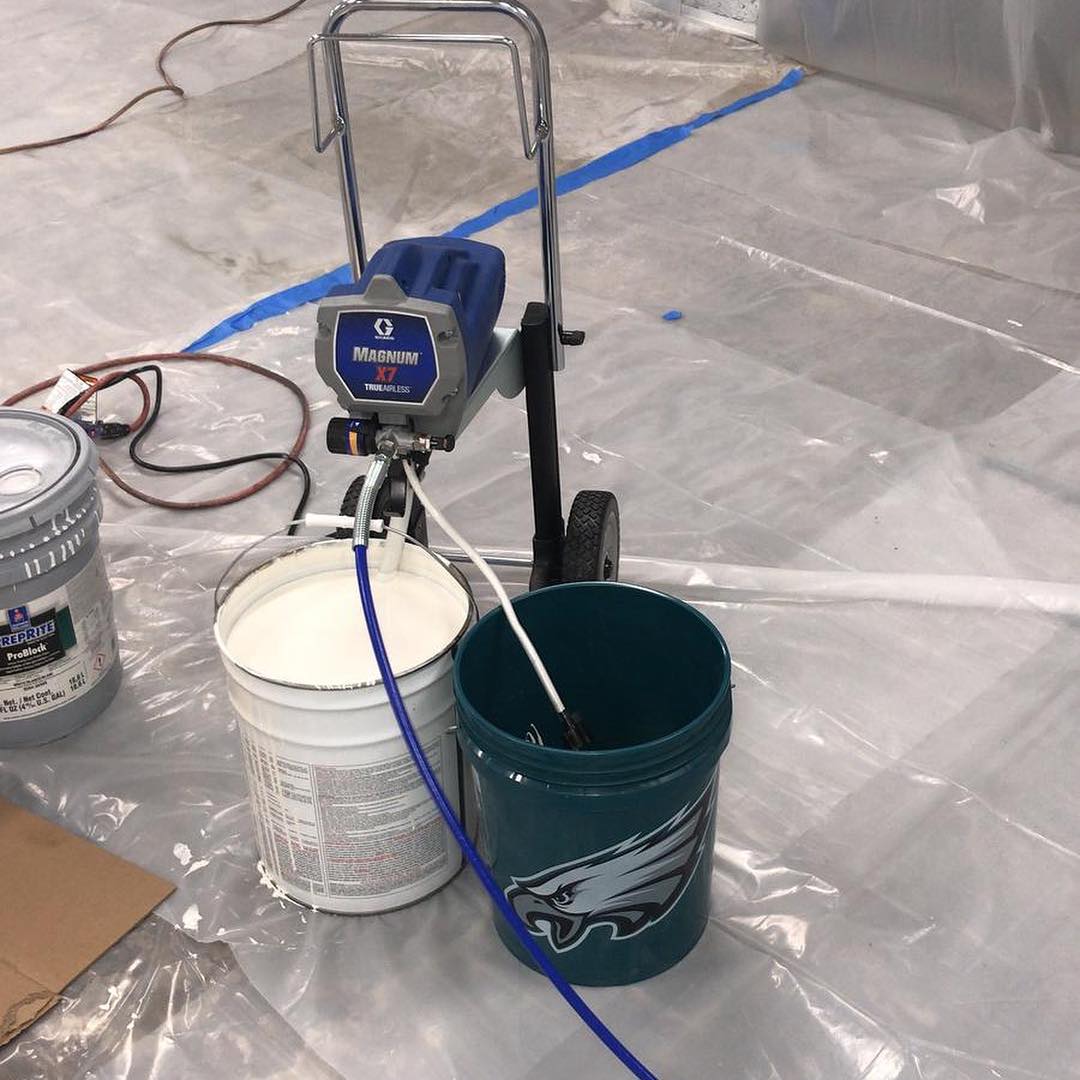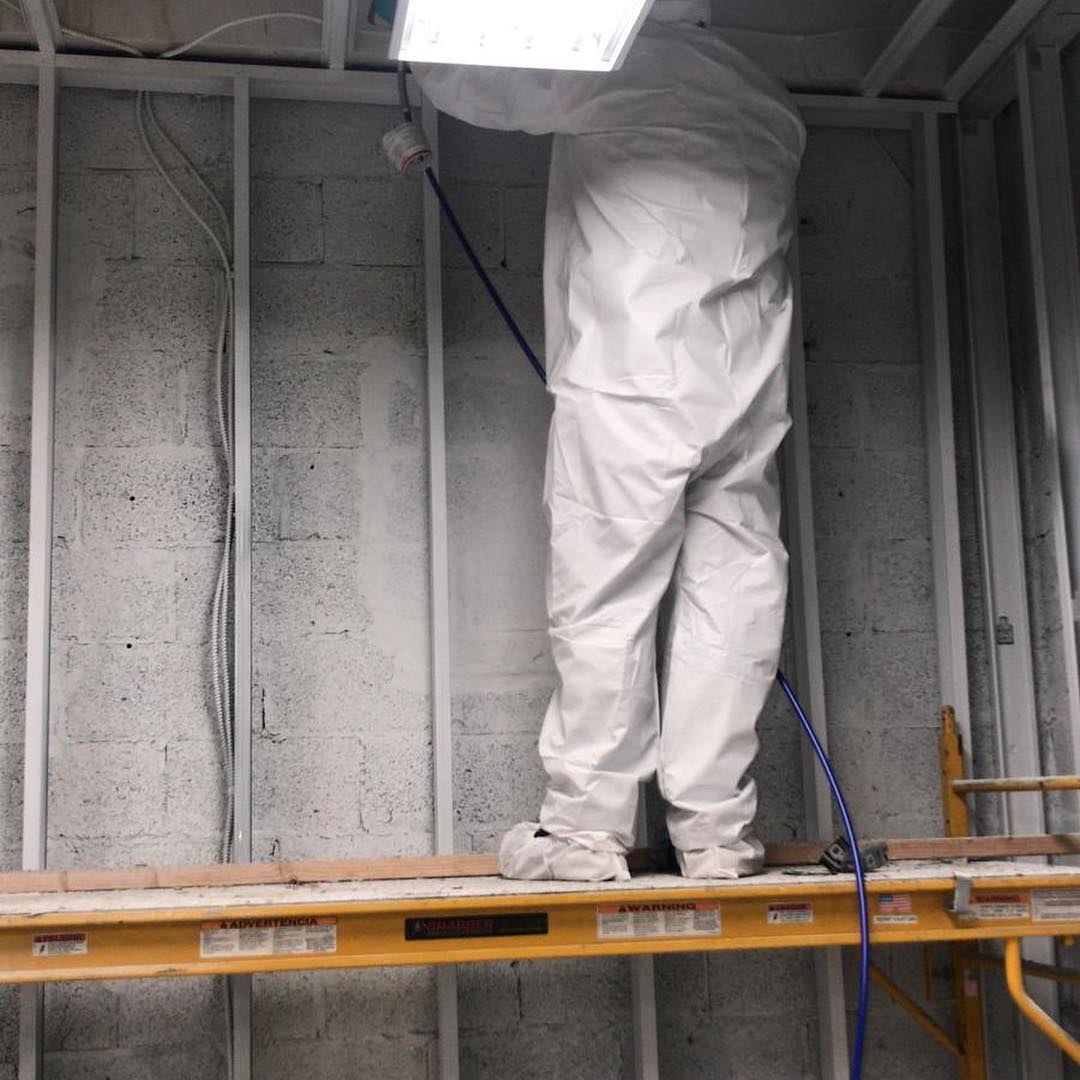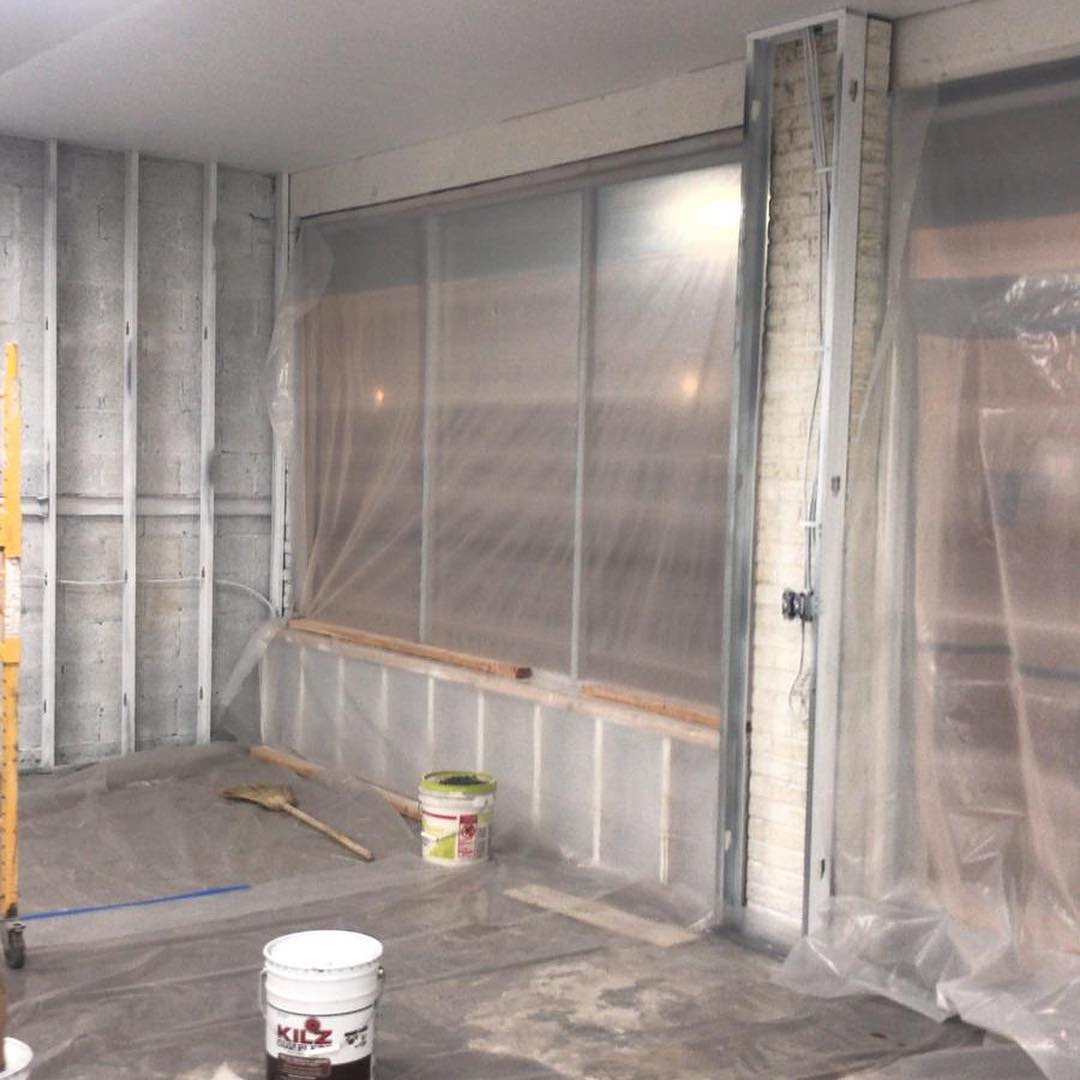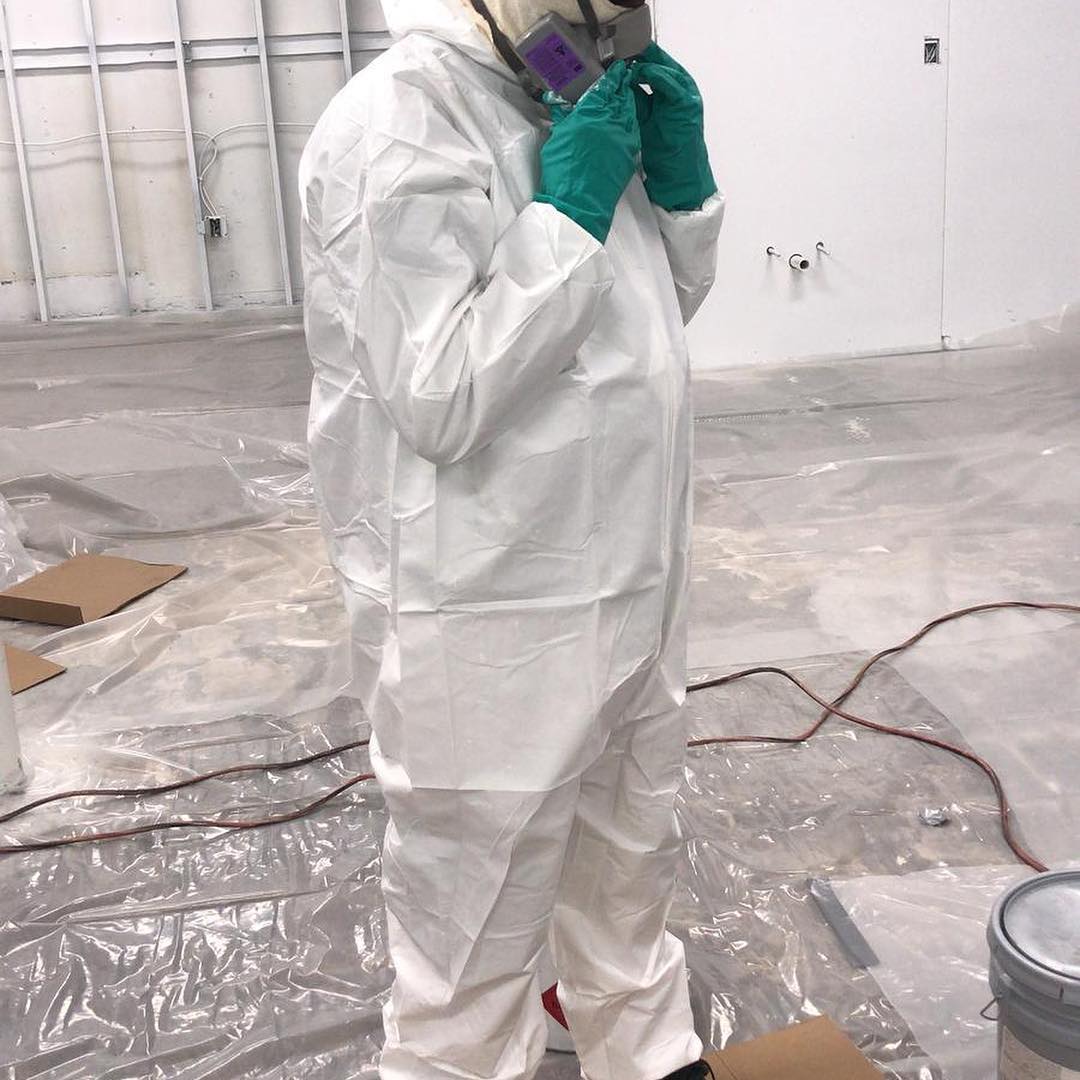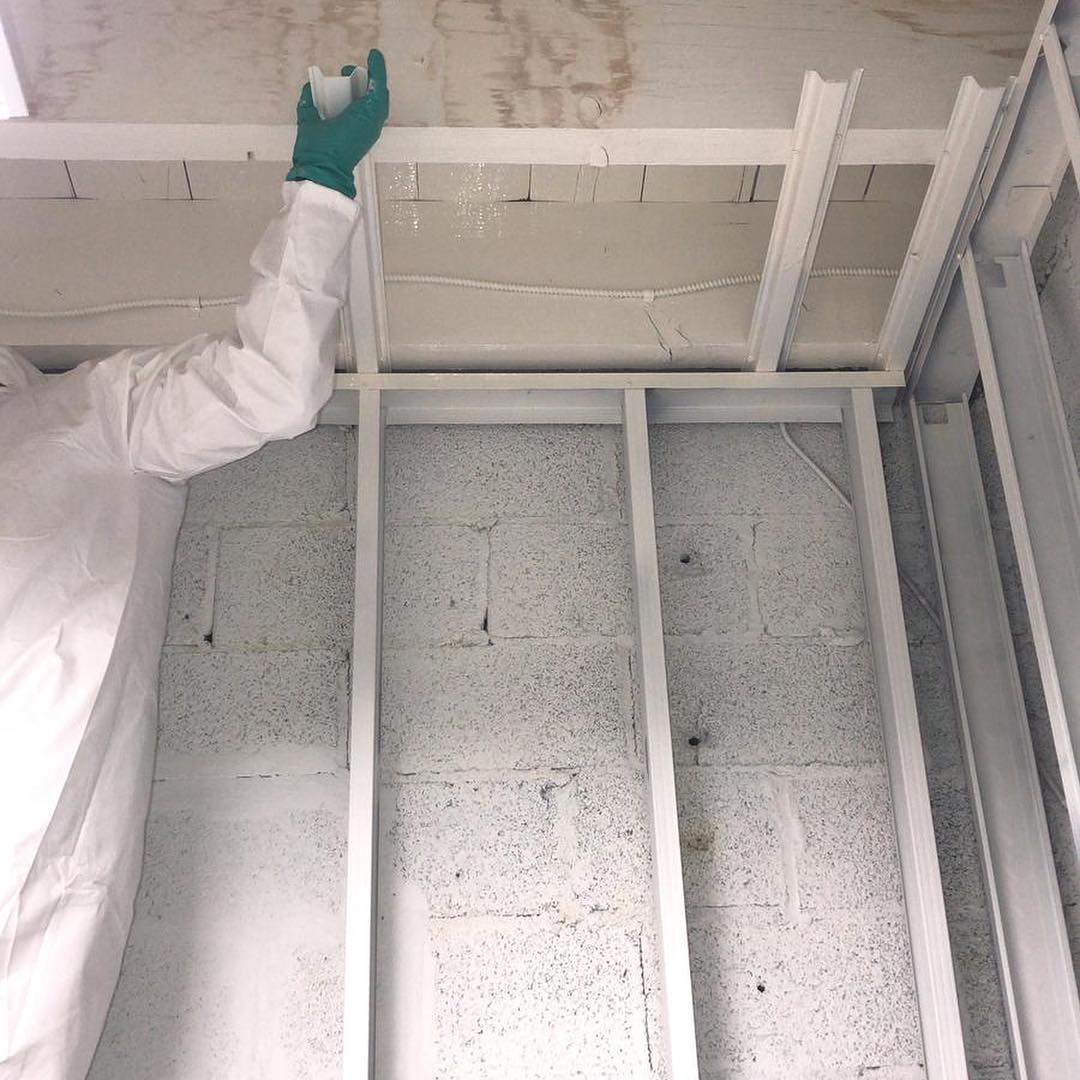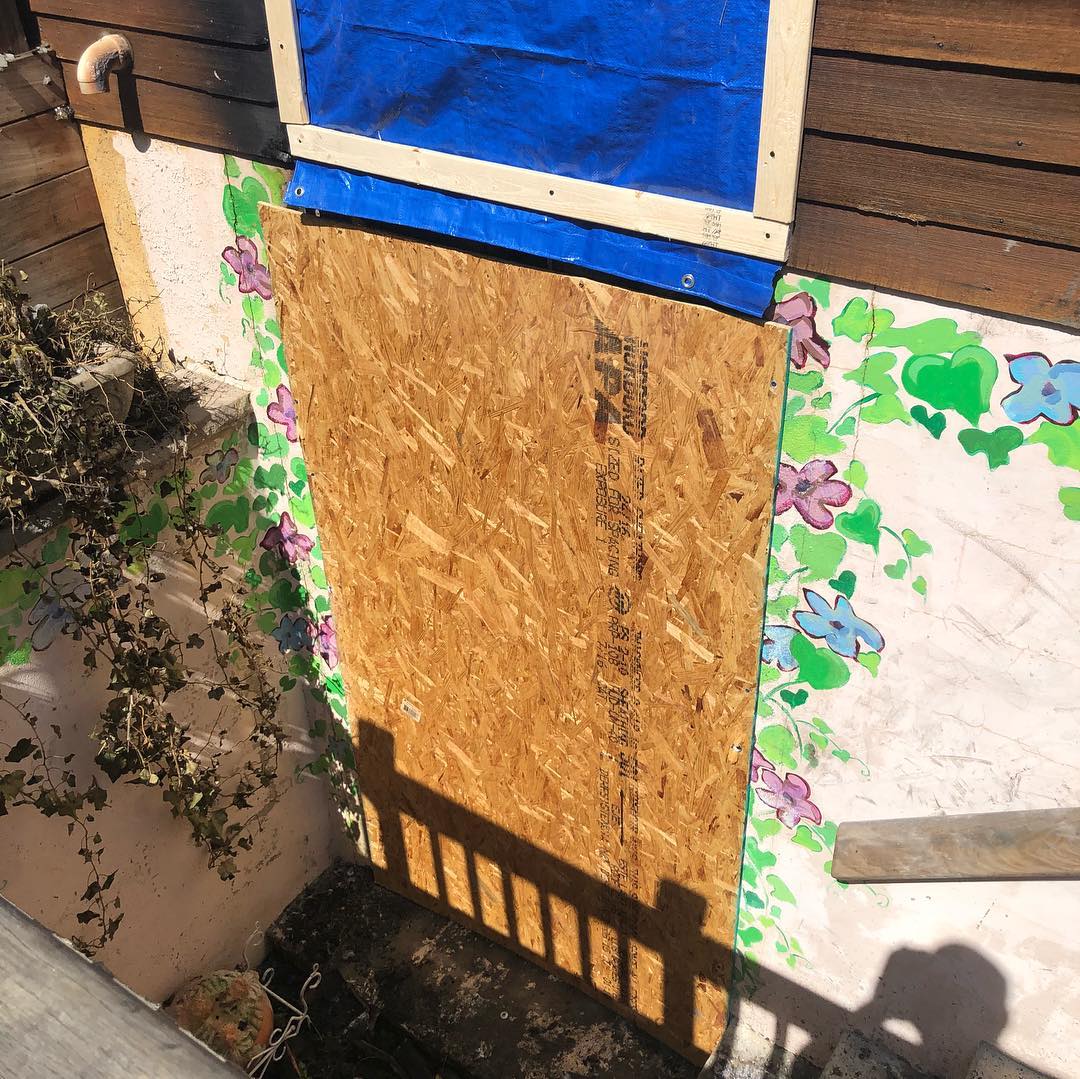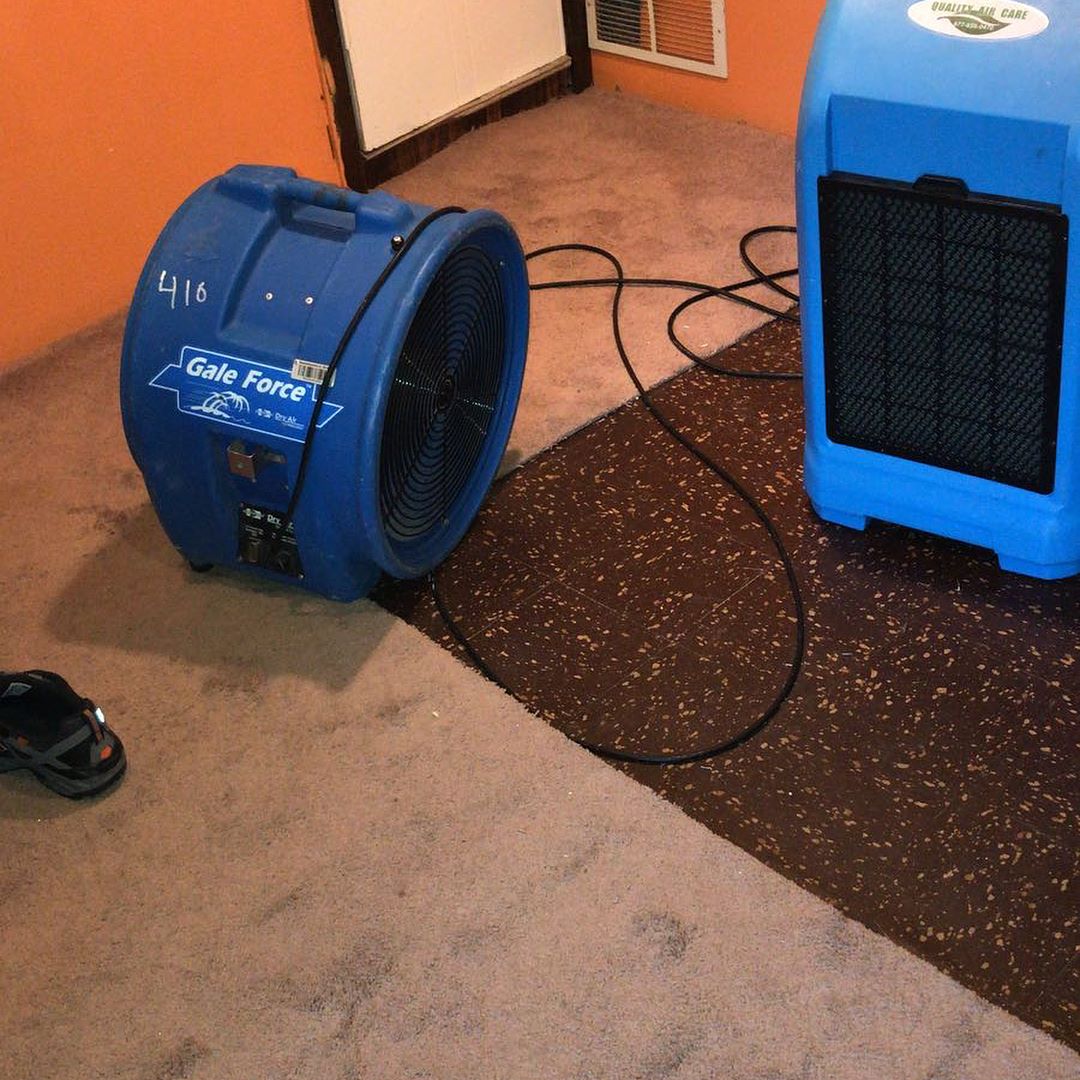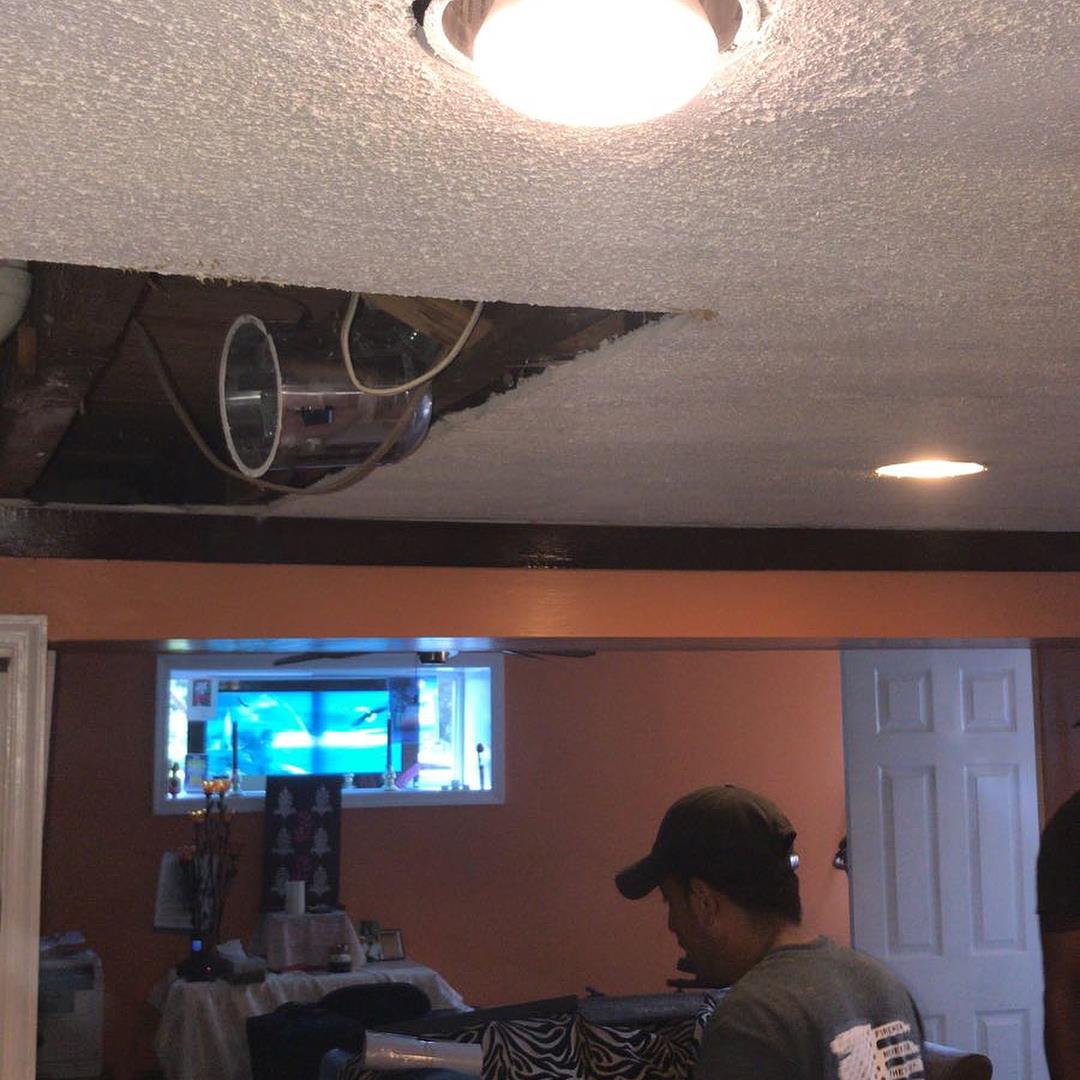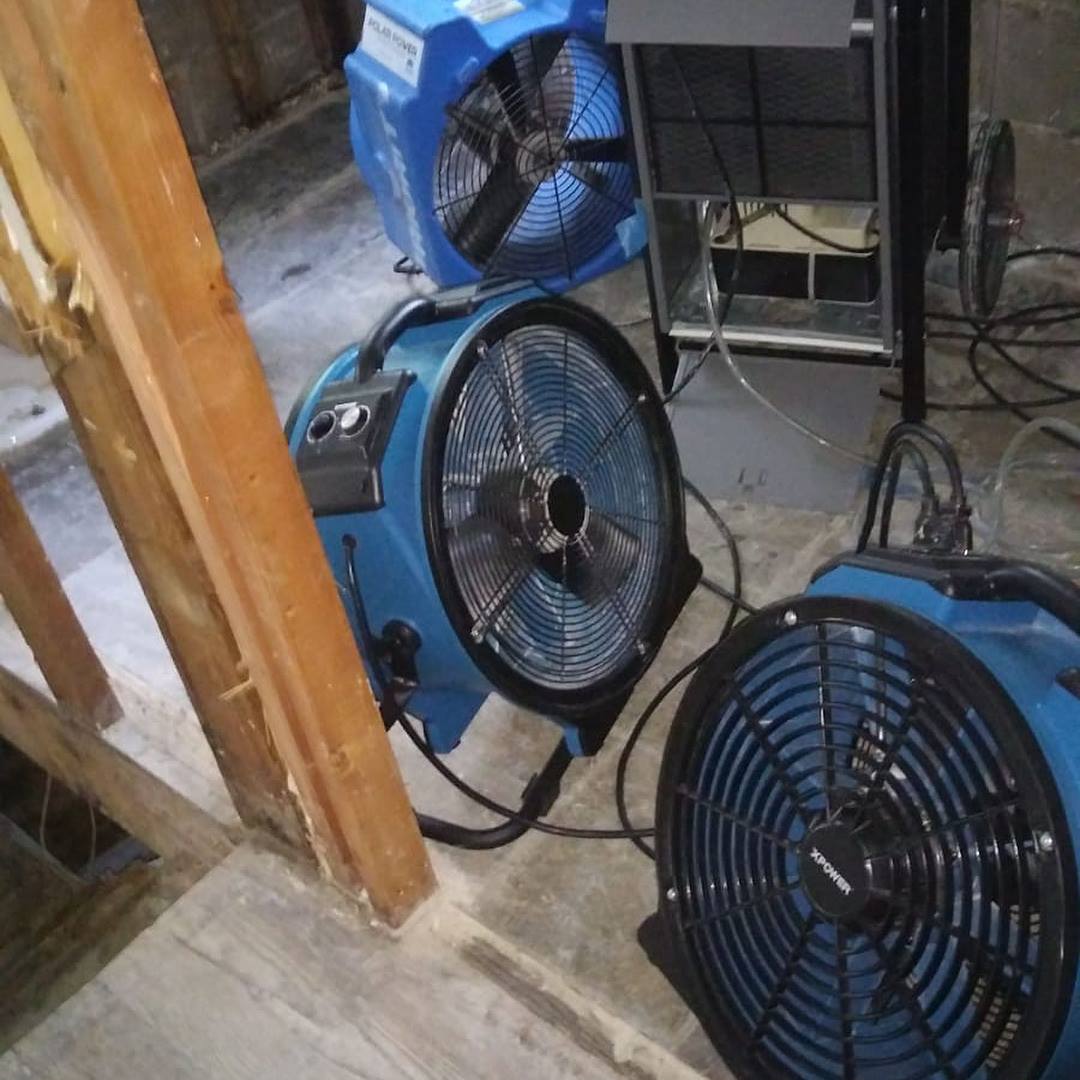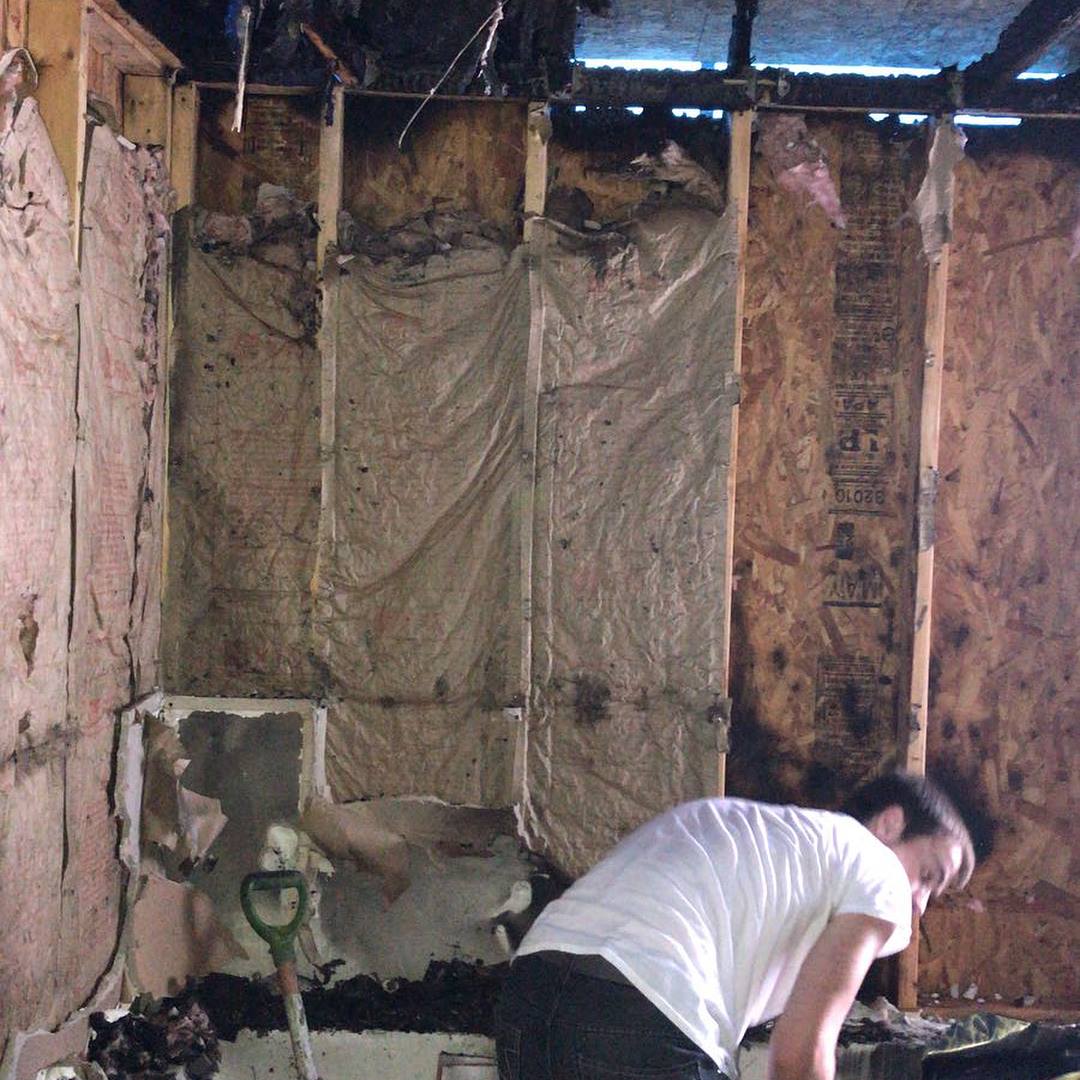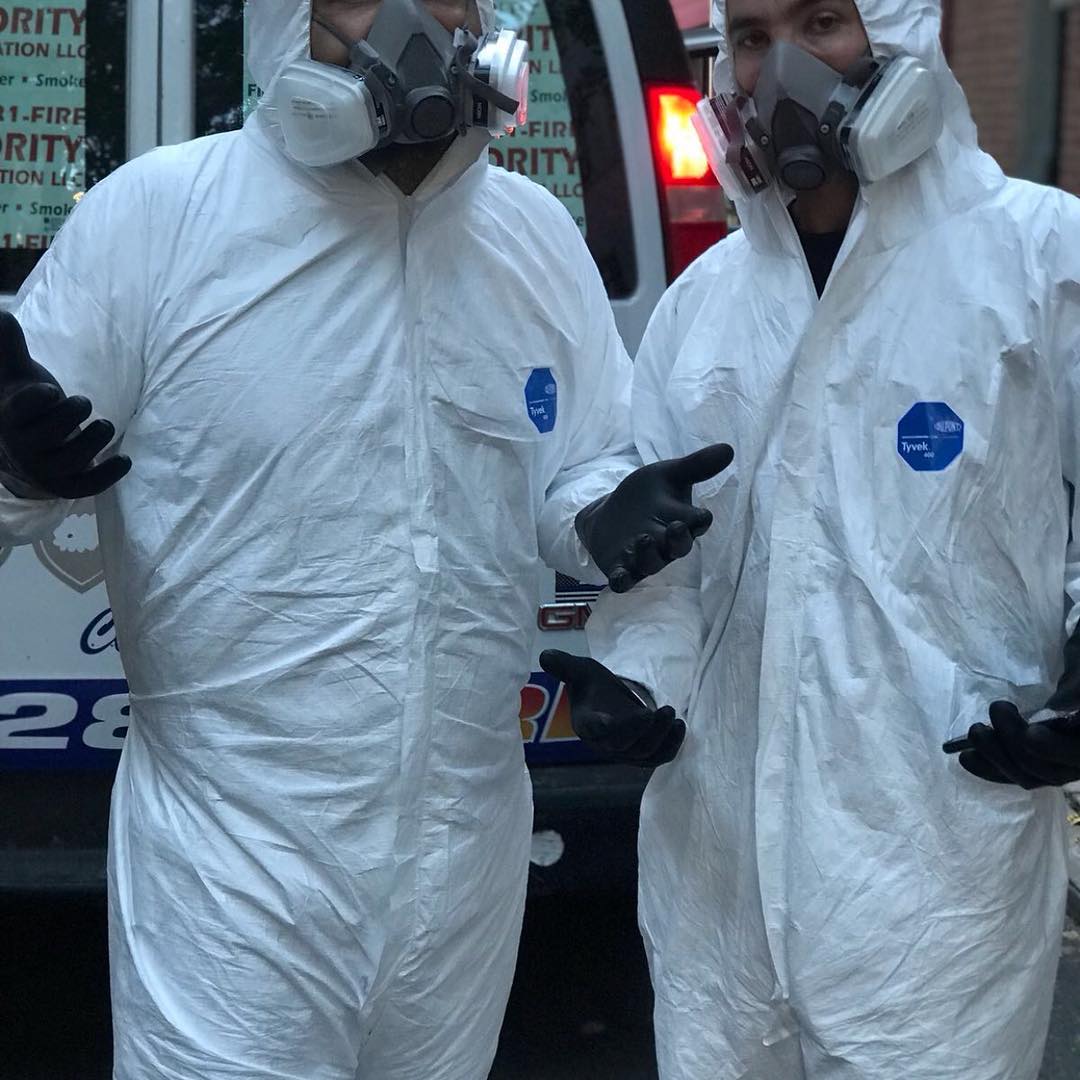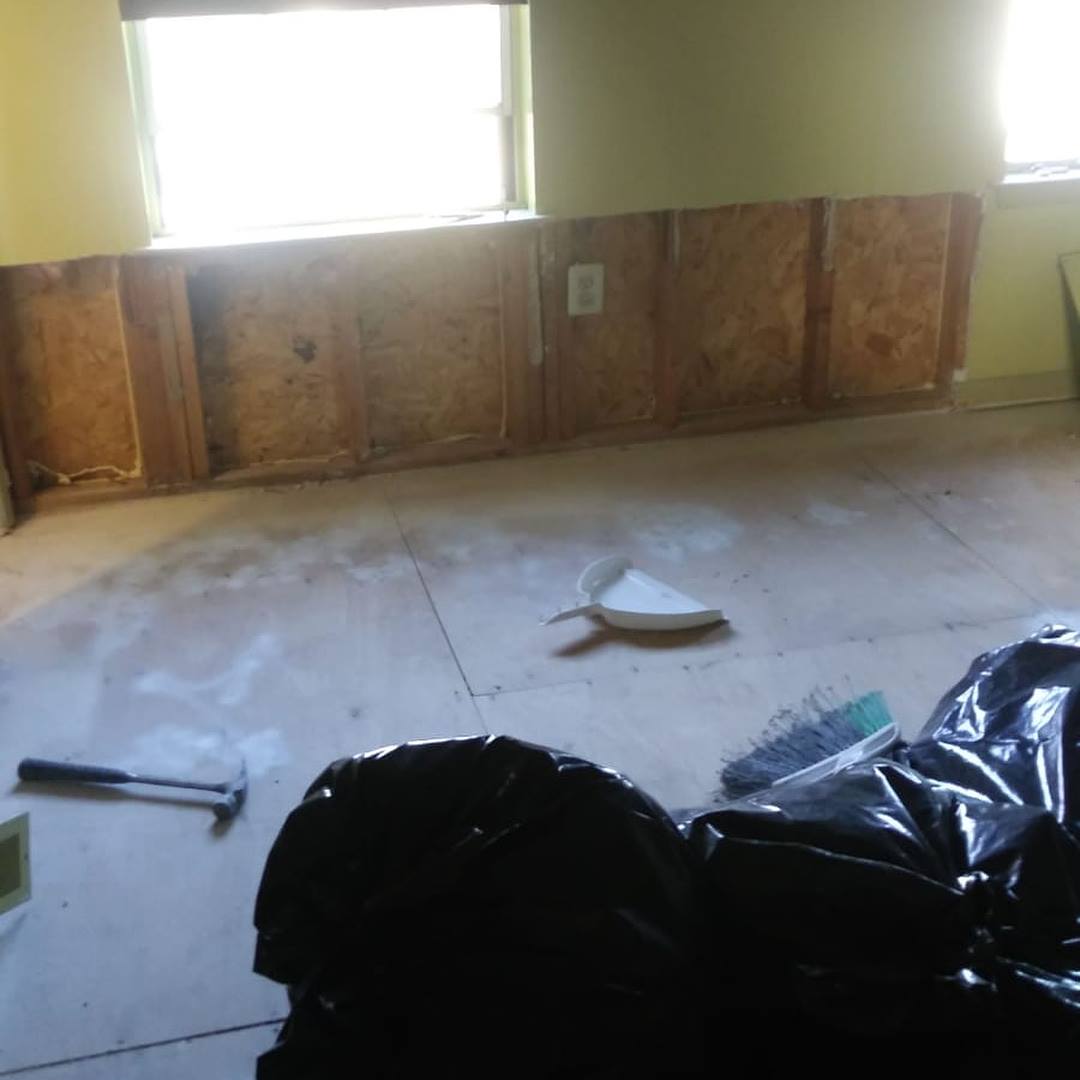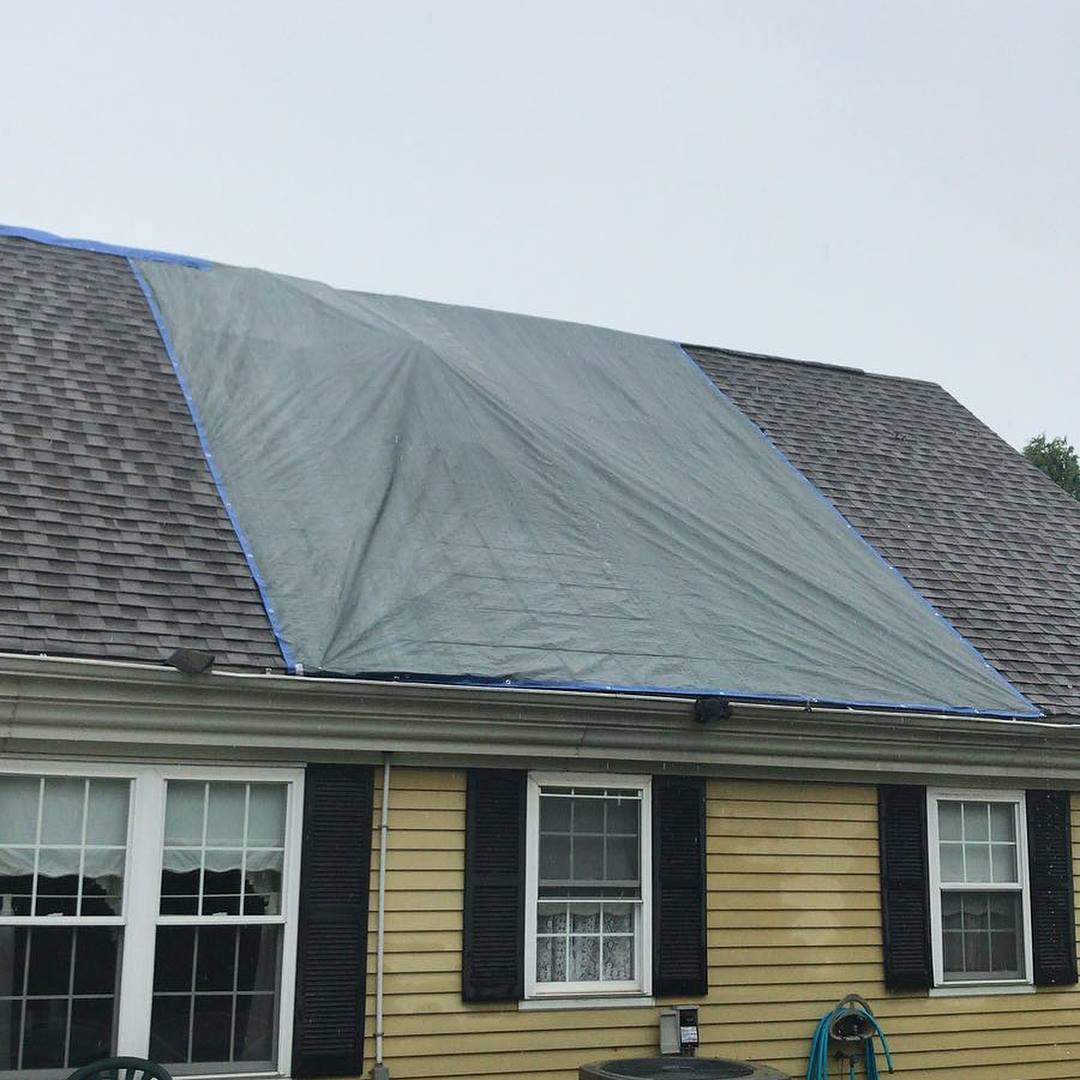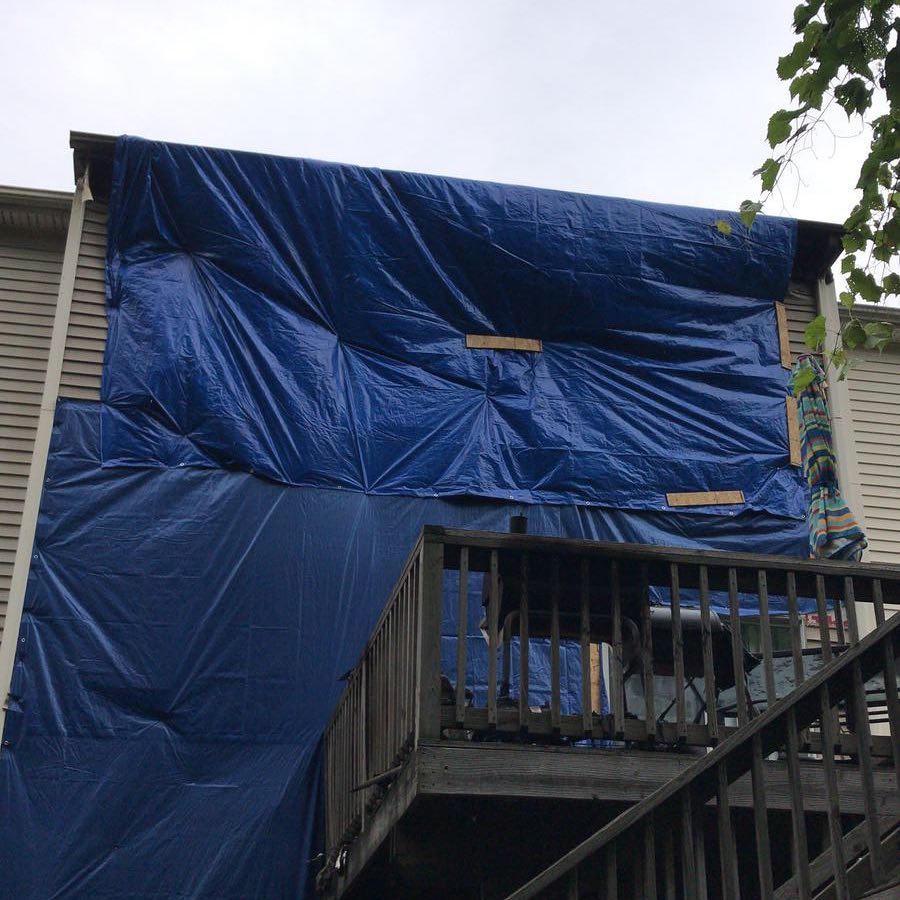
When dealing with nursing home flood damage, you need a reliable and local team of Philly damage restoration experts in your corner. We've restored 100s of properties, both residential and commercial, in the Philly area and we're ready to come out and help you 24/7.
We're certified, insured, and work with all insurance companies. We understand how overwhelming it can be dealing with unexpected damage so let us assist you with your claim so you can focus on getting your life back on track.

Request a Free Estimate
or call (445) 234-4123
By submitting the form, you agree to our Terms of Service and Privacy Policy.
Water damage in nursing homes can be catastrophic, disrupting operations, endangering the health of residents, and leading to costly repairs. As a company specializing in water damage restoration, Philly Damage Restoration understands the unique challenges nursing homes in Philadelphia face when dealing with water-related issues. This article provides specific advice on preventing and addressing water damage, focusing on the most common types of nursing homes in Philadelphia.
Common Causes of Water Damage in Nursing Homes
Nursing homes are particularly vulnerable to water damage due to their size, the age of the buildings, and the need for extensive plumbing systems to support residents' needs. Common causes of water damage include:
- Leaks from Plumbing Systems: Aging pipes, clogged drains, and malfunctioning fixtures can lead to leaks, potentially causing extensive water damage if not addressed promptly.
- Flooding: Heavy rains and storms can lead to flooding, especially in low-lying areas of Philadelphia or buildings with poor drainage systems.
- HVAC Malfunctions: Air conditioning units and heating systems can leak, leading to water damage in ceilings, walls, and floors.
- Roof Damage: Older roofs or those damaged by severe weather can allow water to seep into the building, causing widespread damage.
- Appliance Failures: Washing machines, dishwashers, and other appliances common in nursing homes can malfunction, leading to leaks and flooding.
Types of Nursing Homes in Philadelphia and Their Specific Water Damage Risks
1. Skilled Nursing Facilities (SNFs)
Skilled Nursing Facilities in Philadelphia provide high-level medical care and assistance to residents, including those with severe health conditions. These facilities often have extensive plumbing systems to accommodate the needs of bedridden or highly dependent residents, making them particularly susceptible to leaks and floods.
Advice for SNFs:
- Regular Plumbing Inspections: Schedule frequent inspections of plumbing systems to detect potential leaks early. Pay special attention to areas with high water usage, such as resident bathrooms and laundry facilities.
- Emergency Preparedness: Develop a water damage emergency response plan, including quick access to Philly Damage Restoration services. Training staff on how to shut off water supplies in the event of a major leak can prevent extensive damage.
- HVAC Maintenance: Ensure regular maintenance of HVAC systems to prevent leaks that could damage resident rooms and common areas.
2. Assisted Living Facilities
Assisted living facilities offer a more independent living environment for residents while still providing assistance with daily activities. These buildings often have communal kitchens, laundry rooms, and other shared spaces that can be vulnerable to water damage.
Advice for Assisted Living Facilities:
- Routine Maintenance of Appliances: Regularly inspect and maintain appliances like washing machines and dishwashers to prevent leaks. Replace old or faulty appliances promptly to avoid water damage.
- Roof Inspections: Ensure regular roof inspections, especially before and after Philadelphia’s storm seasons. Promptly repair any damage to prevent leaks that could affect multiple resident units.
- Drainage Systems: Check that outdoor drainage systems are clear of debris and functioning properly to prevent flooding during heavy rains.
3. Memory Care Facilities
Memory care facilities cater to residents with Alzheimer’s disease and other forms of dementia. These facilities require a calm and secure environment, making water damage particularly disruptive.
Advice for Memory Care Facilities:
- Flood Prevention Measures: Install flood barriers or raised thresholds in vulnerable areas to prevent water intrusion during floods. Consider installing sump pumps in basements or other low-lying areas to quickly remove water.
- Water Damage Detection Systems: Implement water leak detection systems throughout the facility. Early detection can prevent minor leaks from becoming major issues, minimizing disruption to residents' routines.
- Safe Evacuation Plans: Ensure that your evacuation plan accounts for the unique needs of memory care residents in the event of significant water damage. Having a clear, practiced plan will reduce stress and confusion during an emergency.
4. Continuing Care Retirement Communities (CCRCs)
CCRCs offer a range of living options from independent living to skilled nursing care within the same community. The variety of housing types and communal facilities means there are multiple areas where water damage can occur.
Advice for CCRCs:
- Comprehensive Water Damage Preparedness: Given the size and diversity of CCRCs, a comprehensive water damage preparedness plan is essential. This should include regular inspections of all buildings and systems, from independent living units to medical facilities.
- Resident Communication: Establish clear communication channels to inform residents and their families about water damage incidents and the steps being taken to address them.
- Partnership with Restoration Experts: Build a relationship with Philly Damage Restoration to ensure rapid response to any water damage incidents. Knowing who to call and having a trusted partner can make all the difference in minimizing damage.
Frequently Asked Questions About Nursing Home Flood Damage in Philly
Philly Damage Restoration specializes in restoring healthcare facilities, including nursing homes, after water damage. We provide comprehensive services that include water extraction, drying, mold remediation, and repairs. Our team understands the importance of minimizing disruption to residents and staff, and we work efficiently to restore the facility to its pre-damage condition.





















